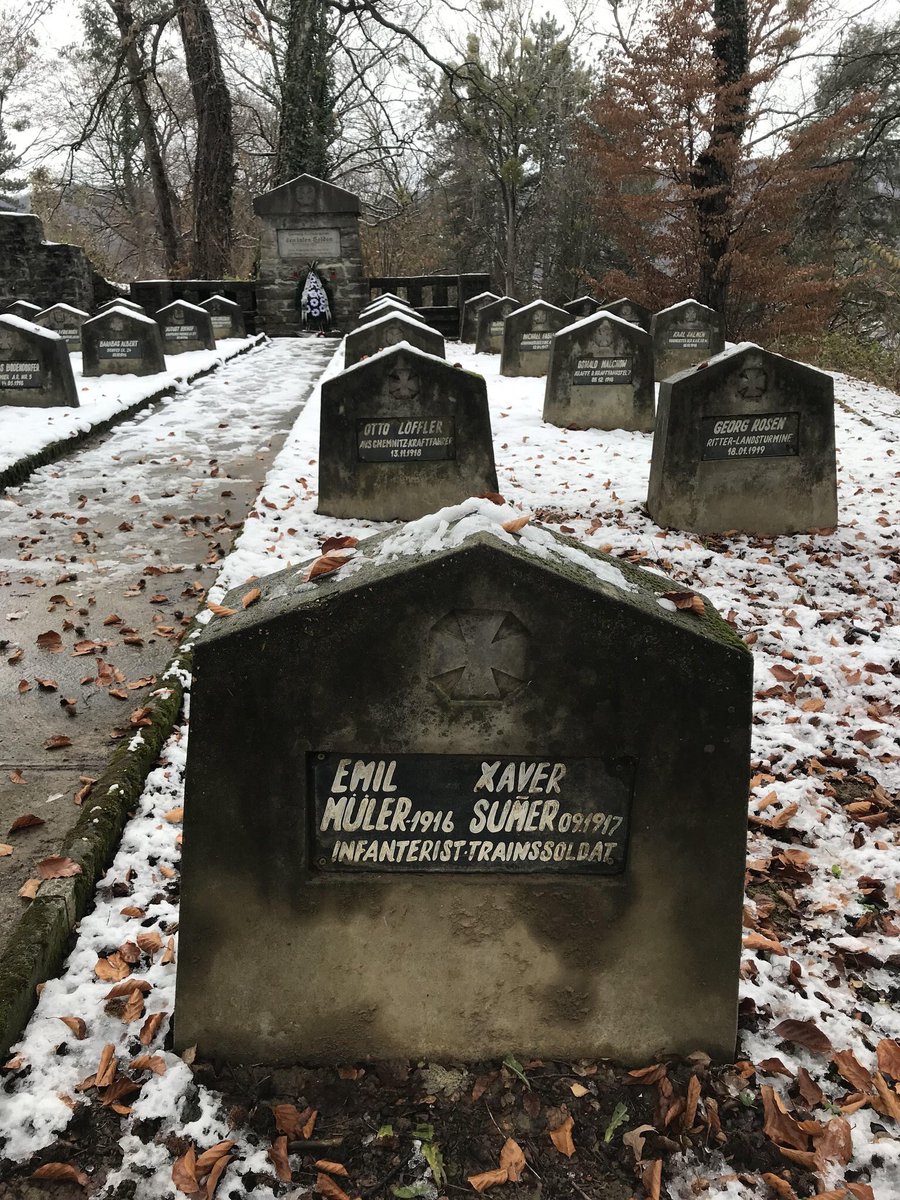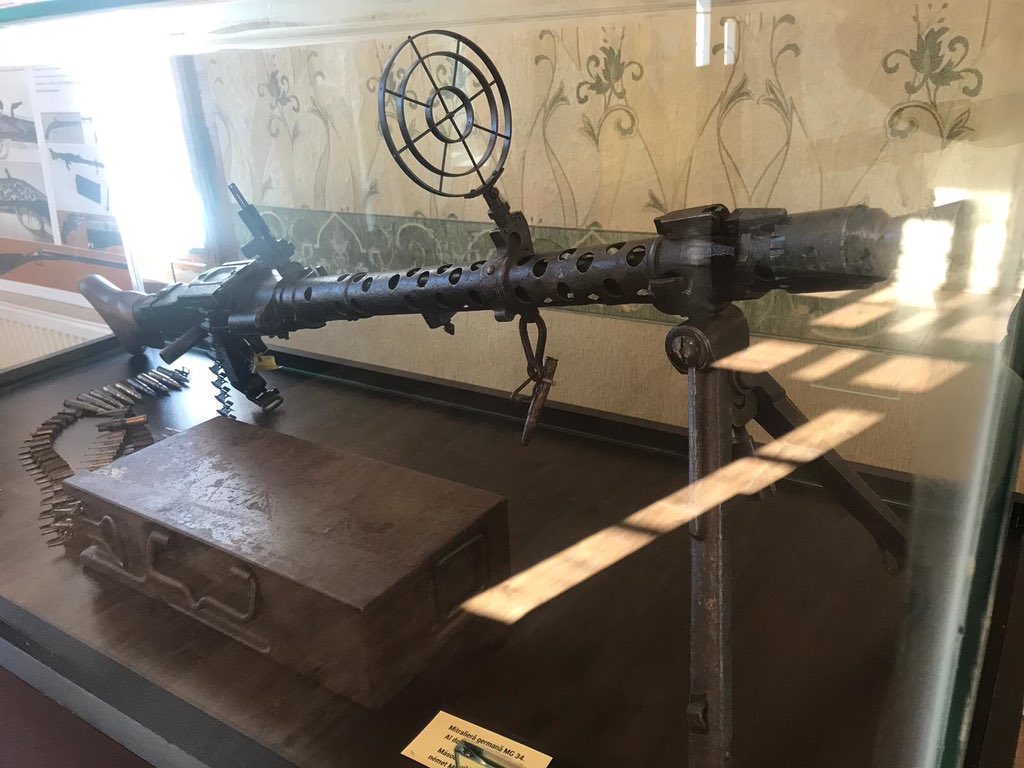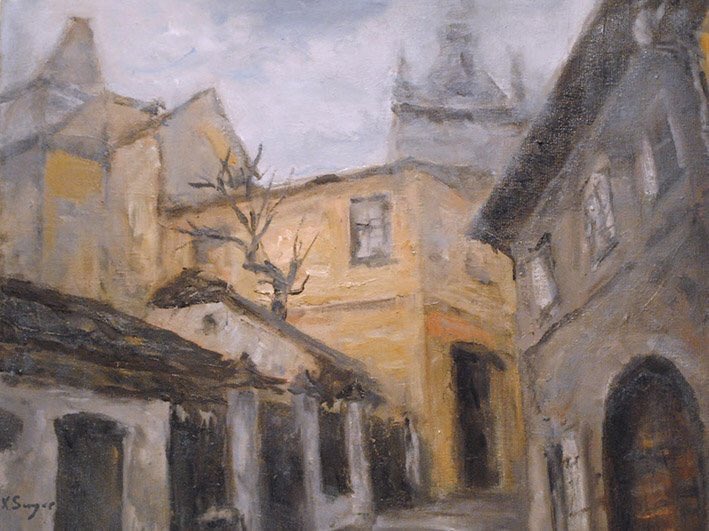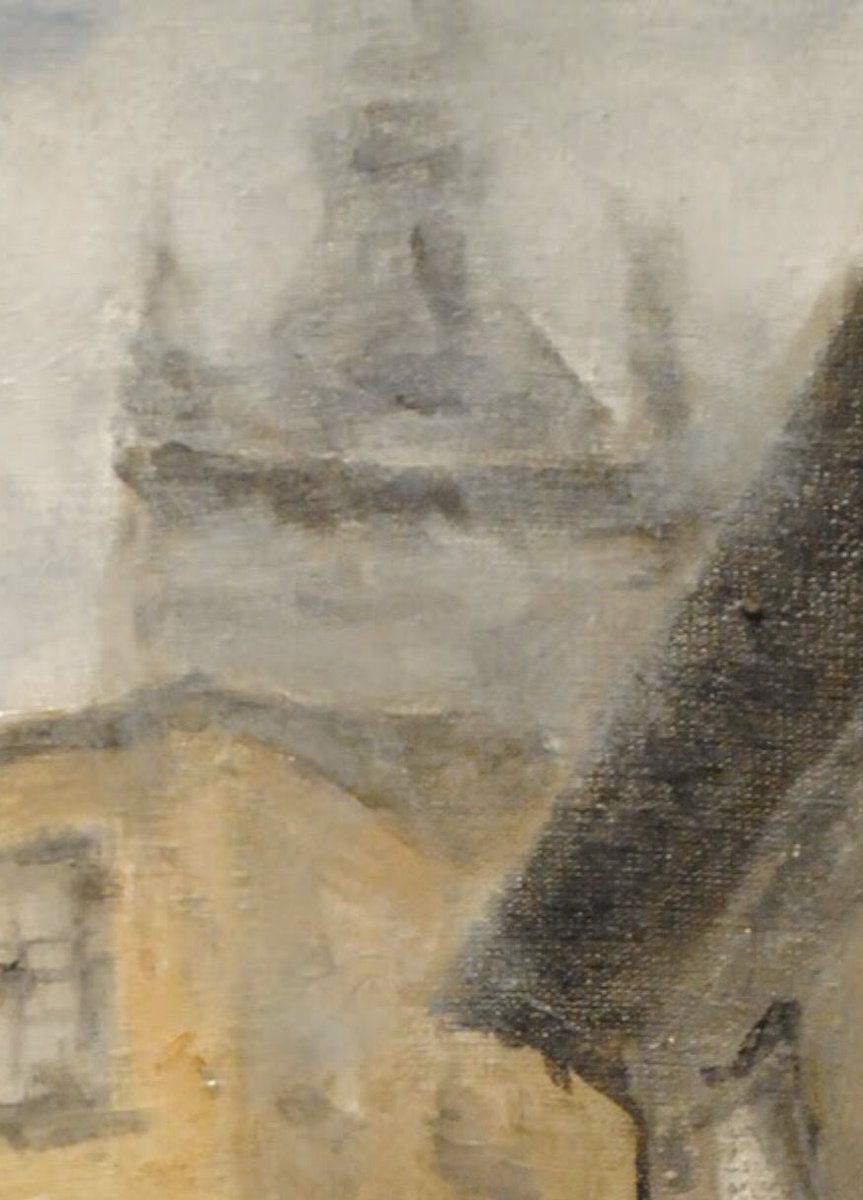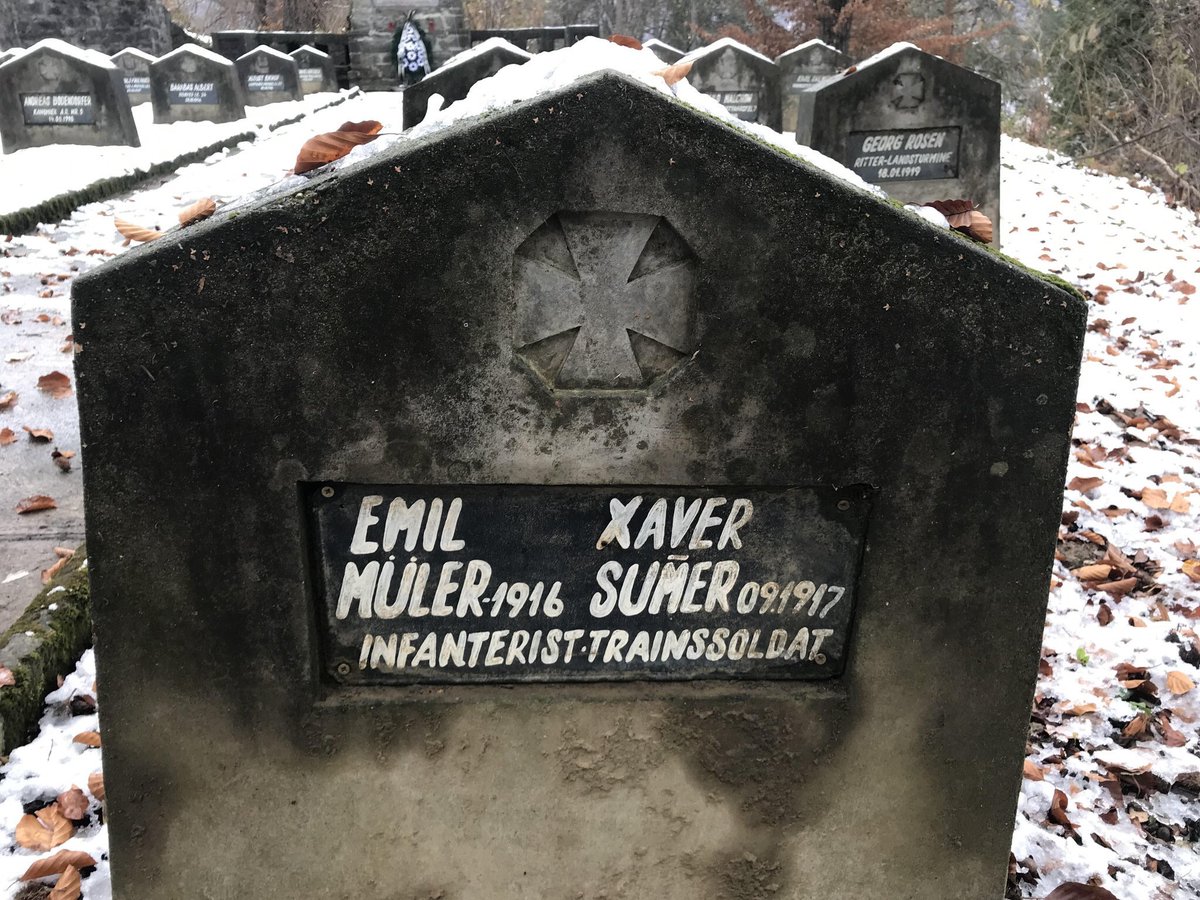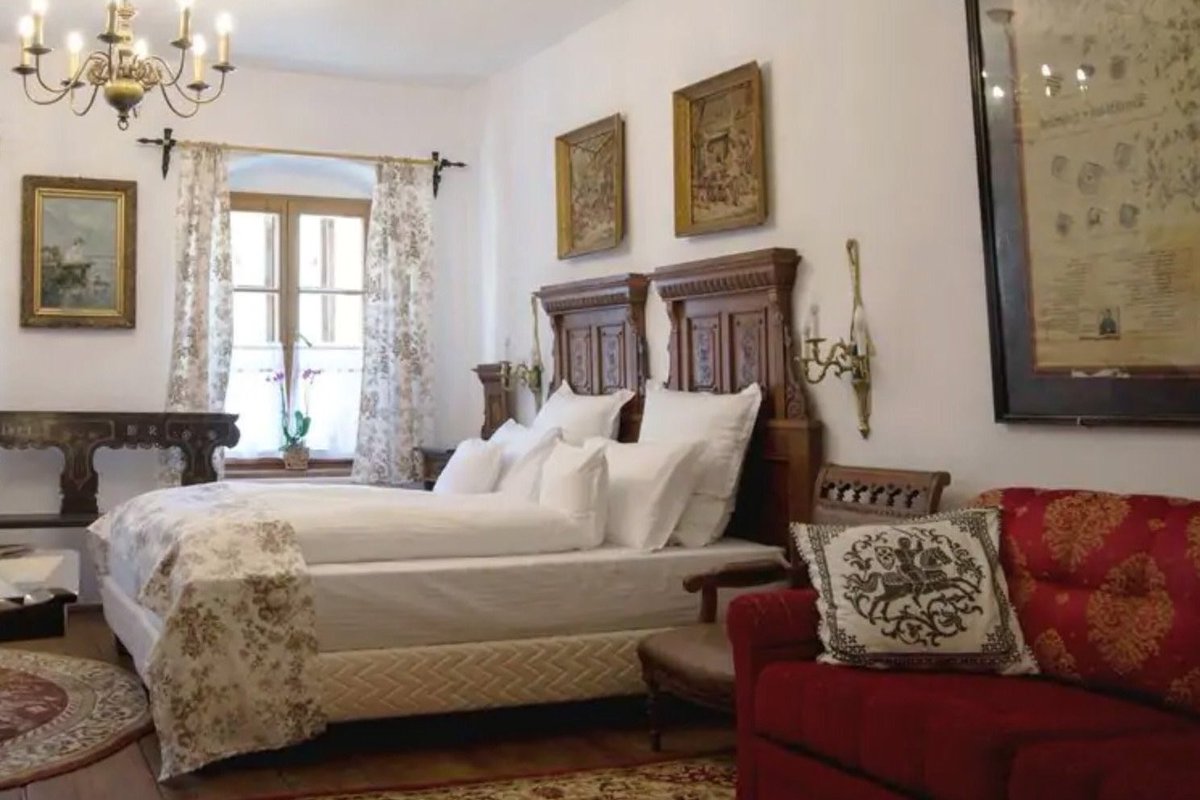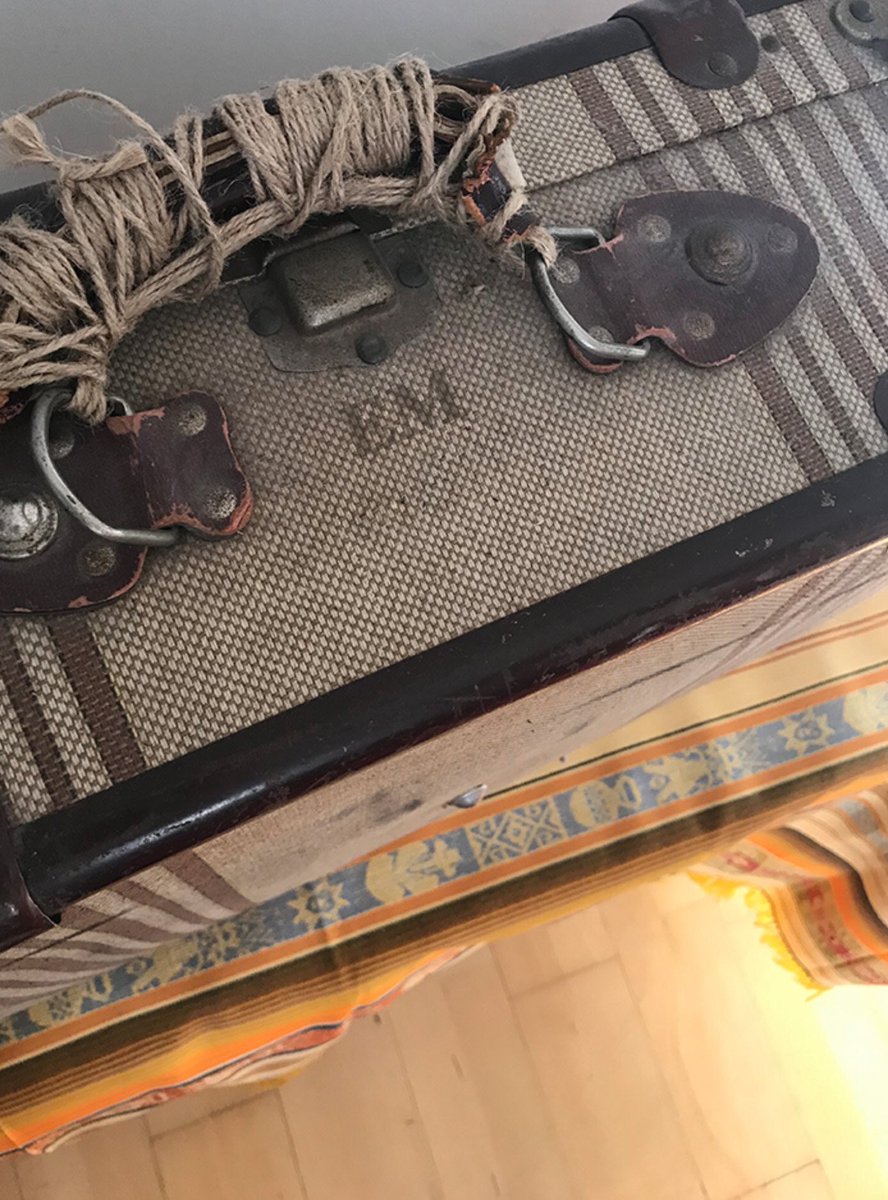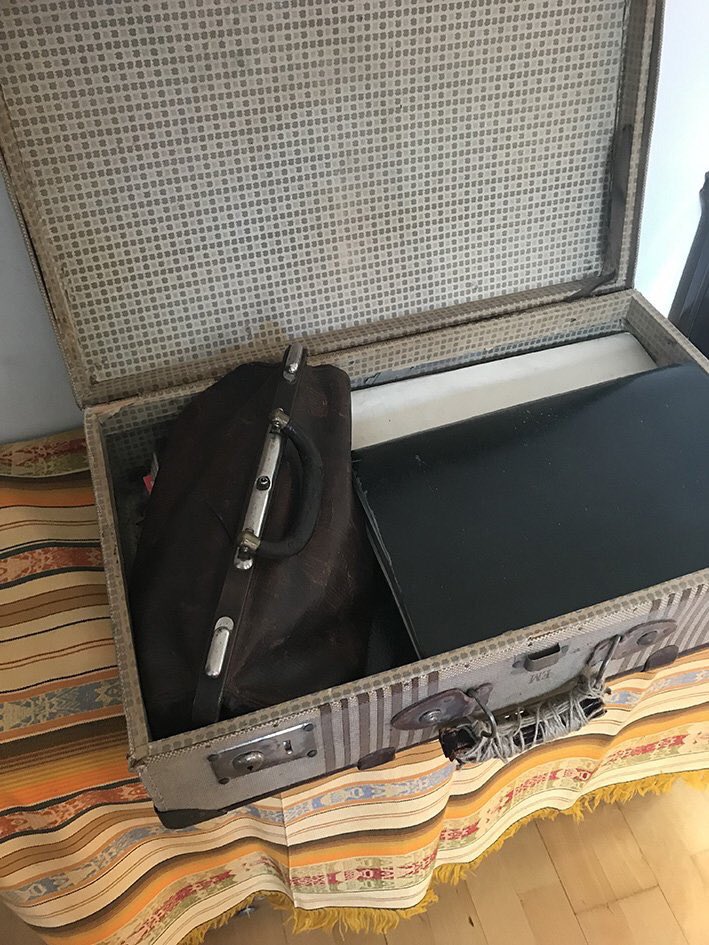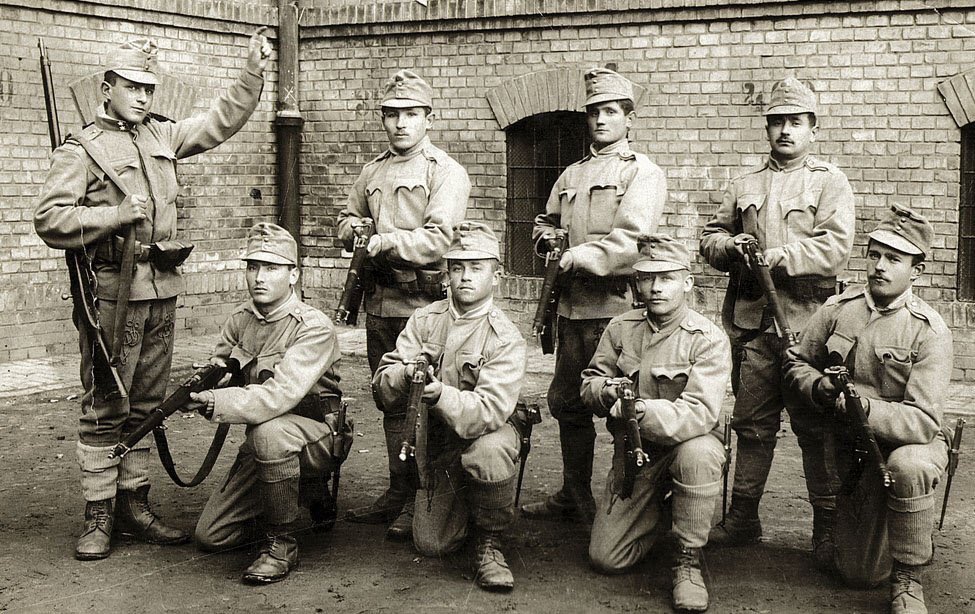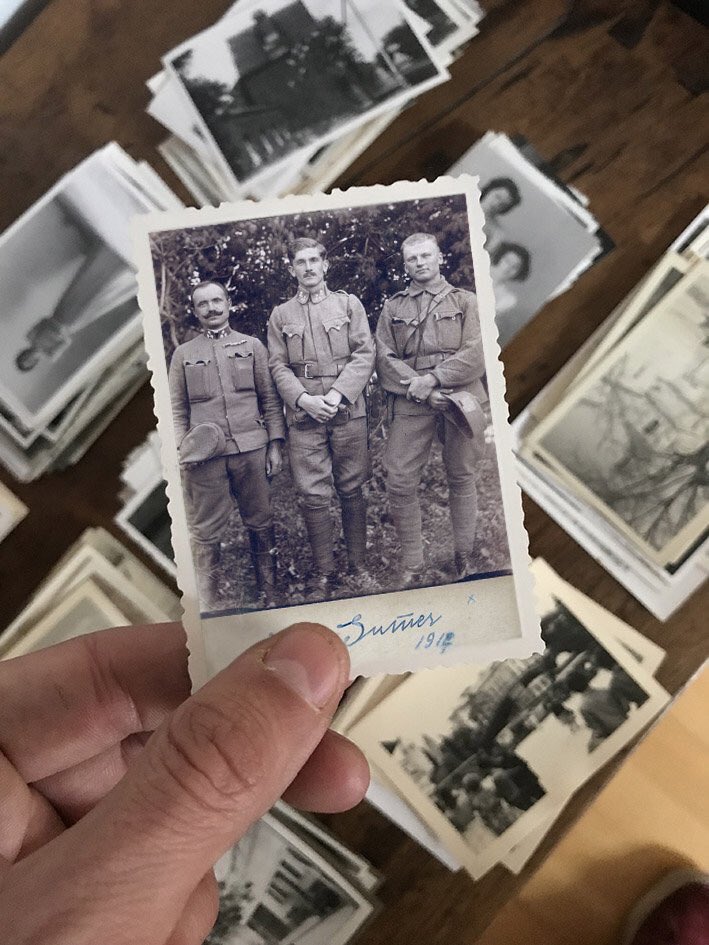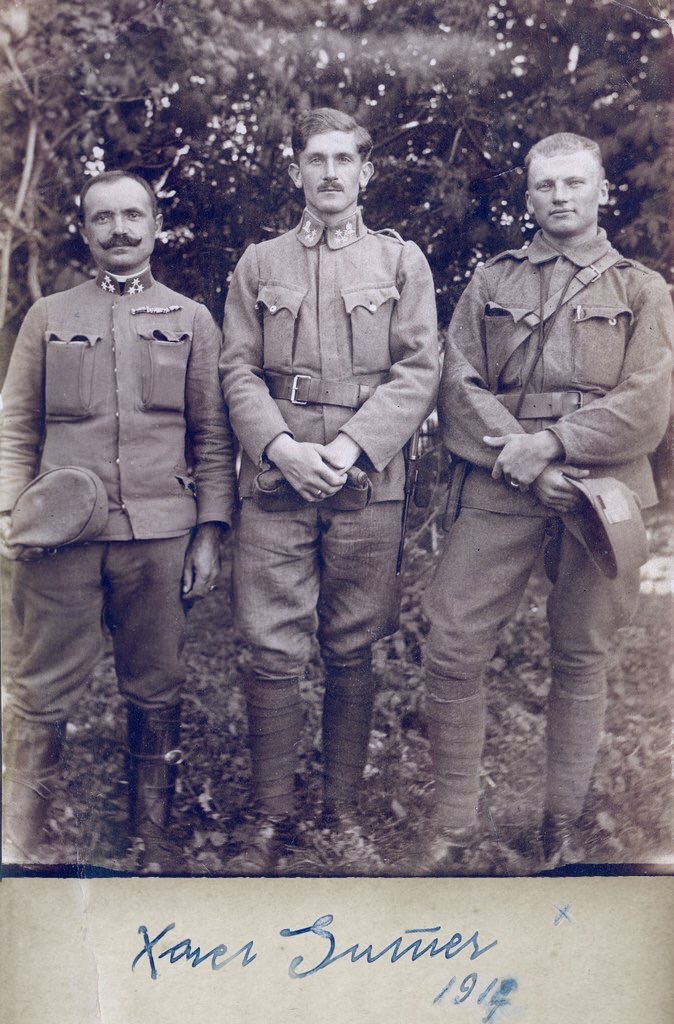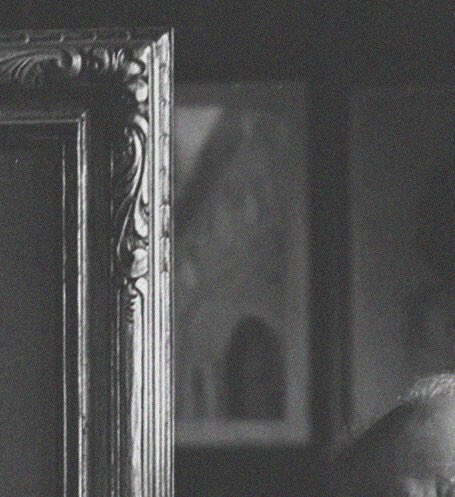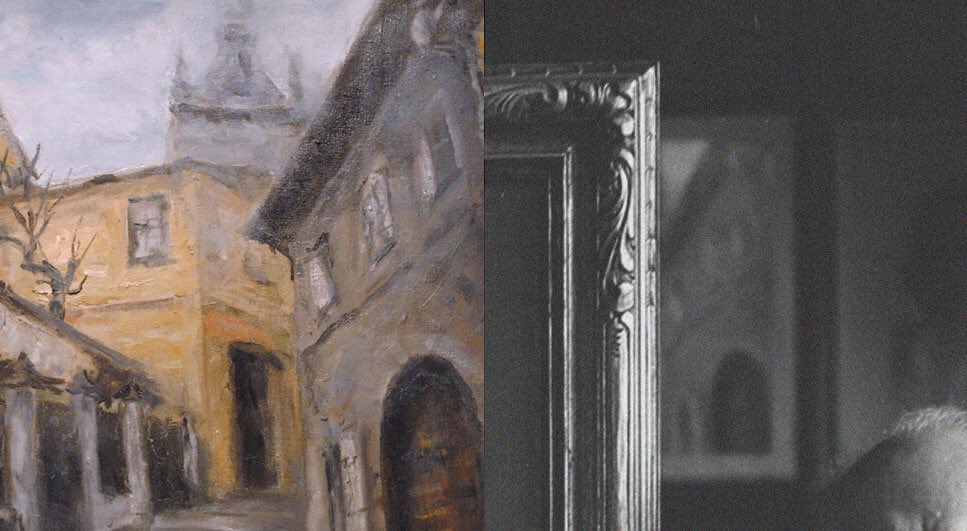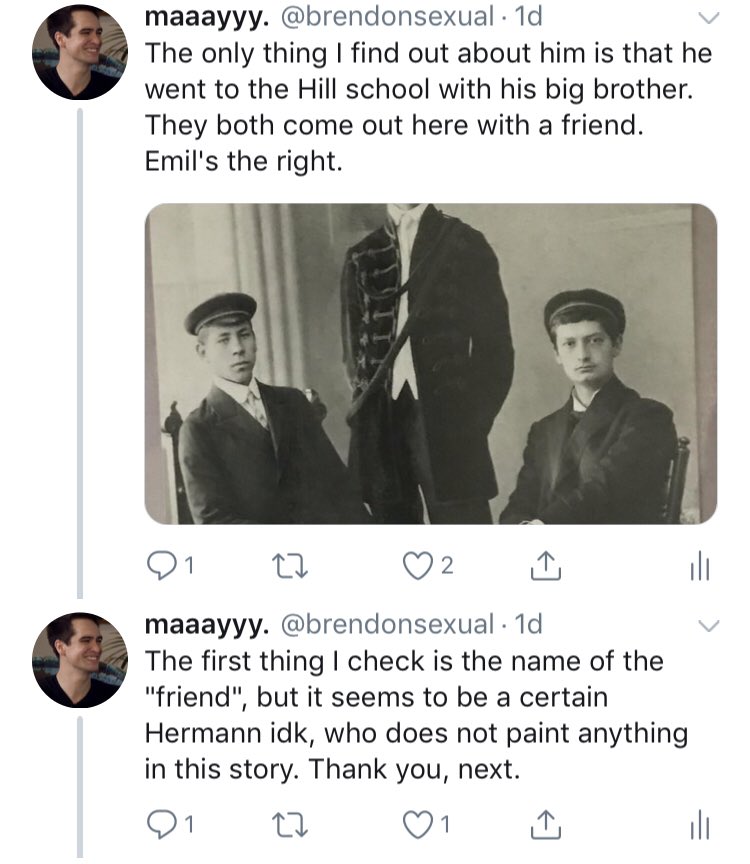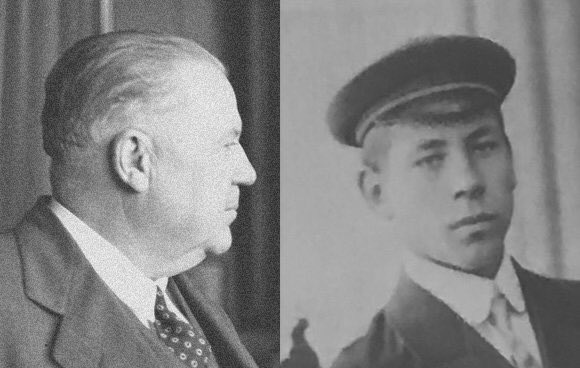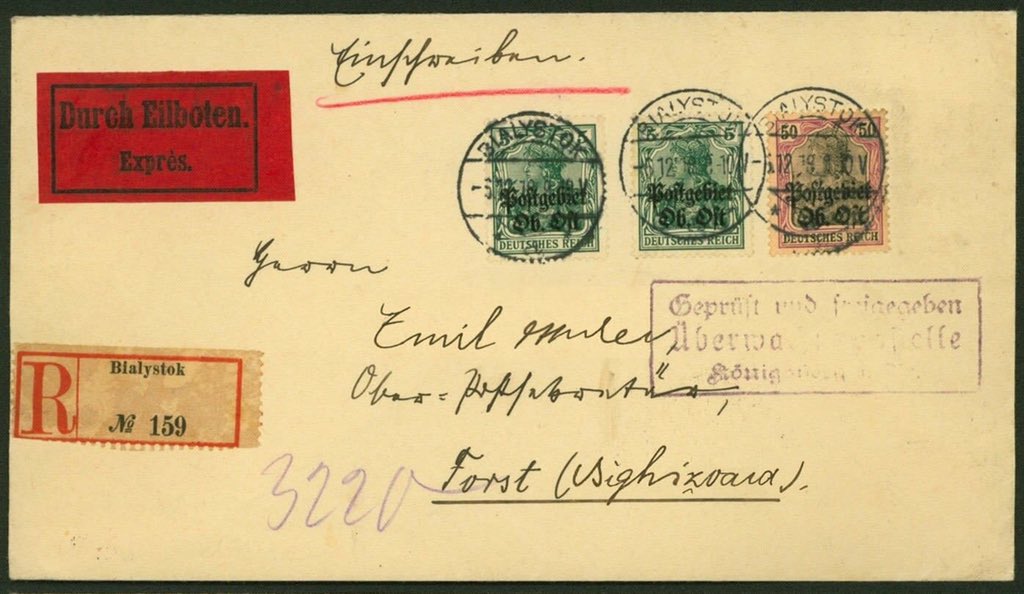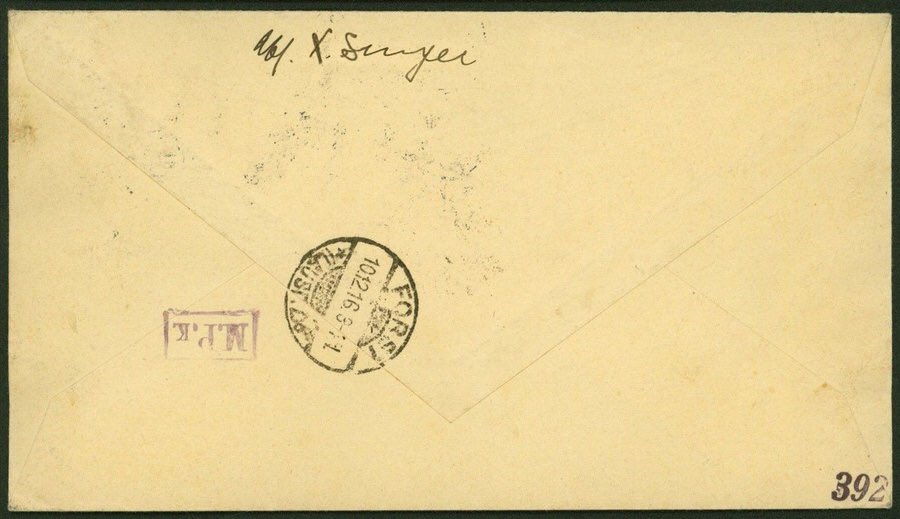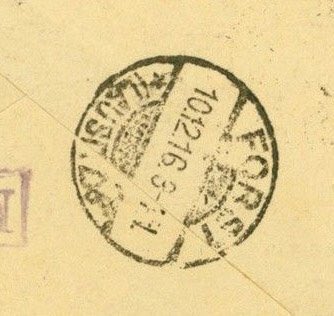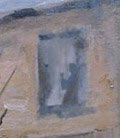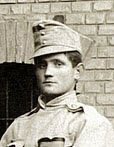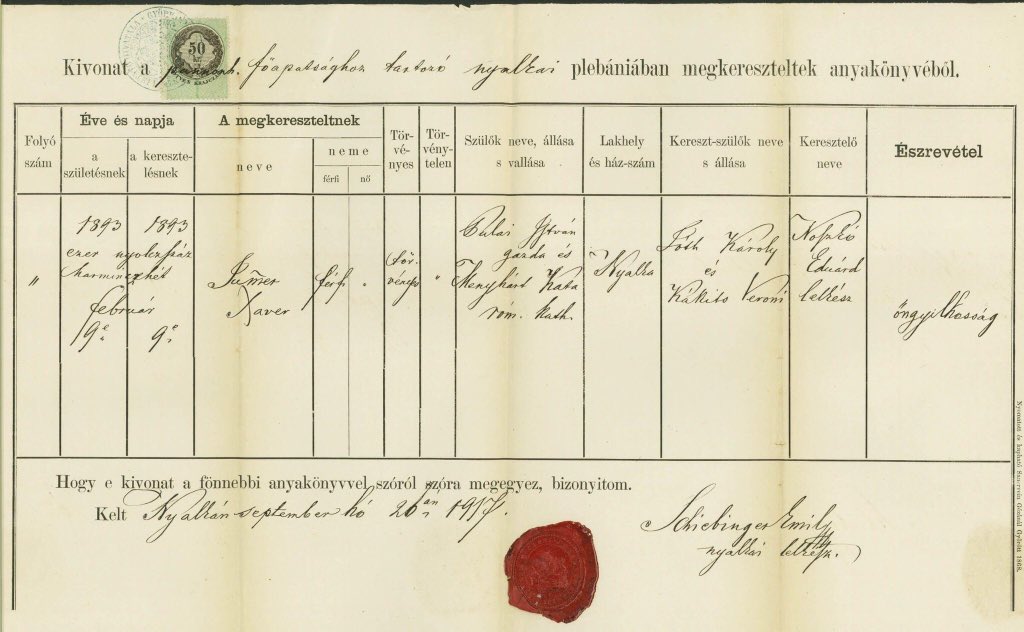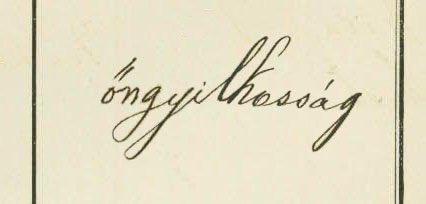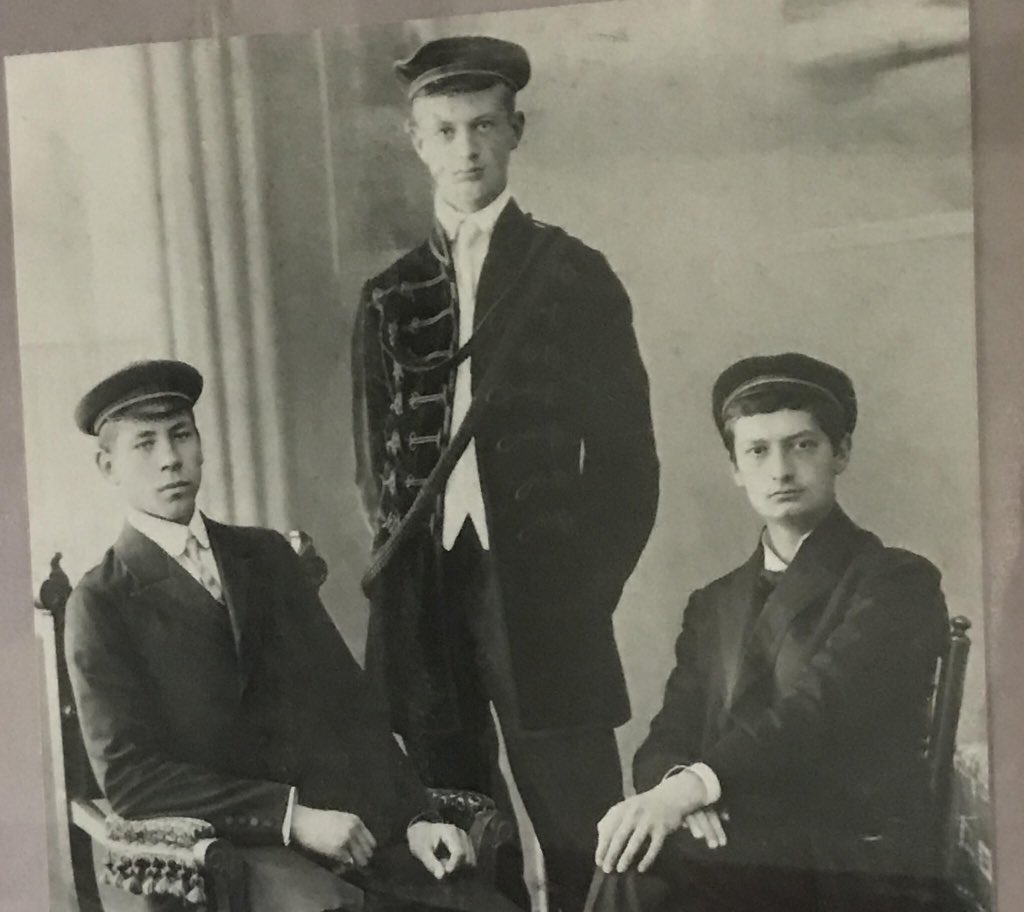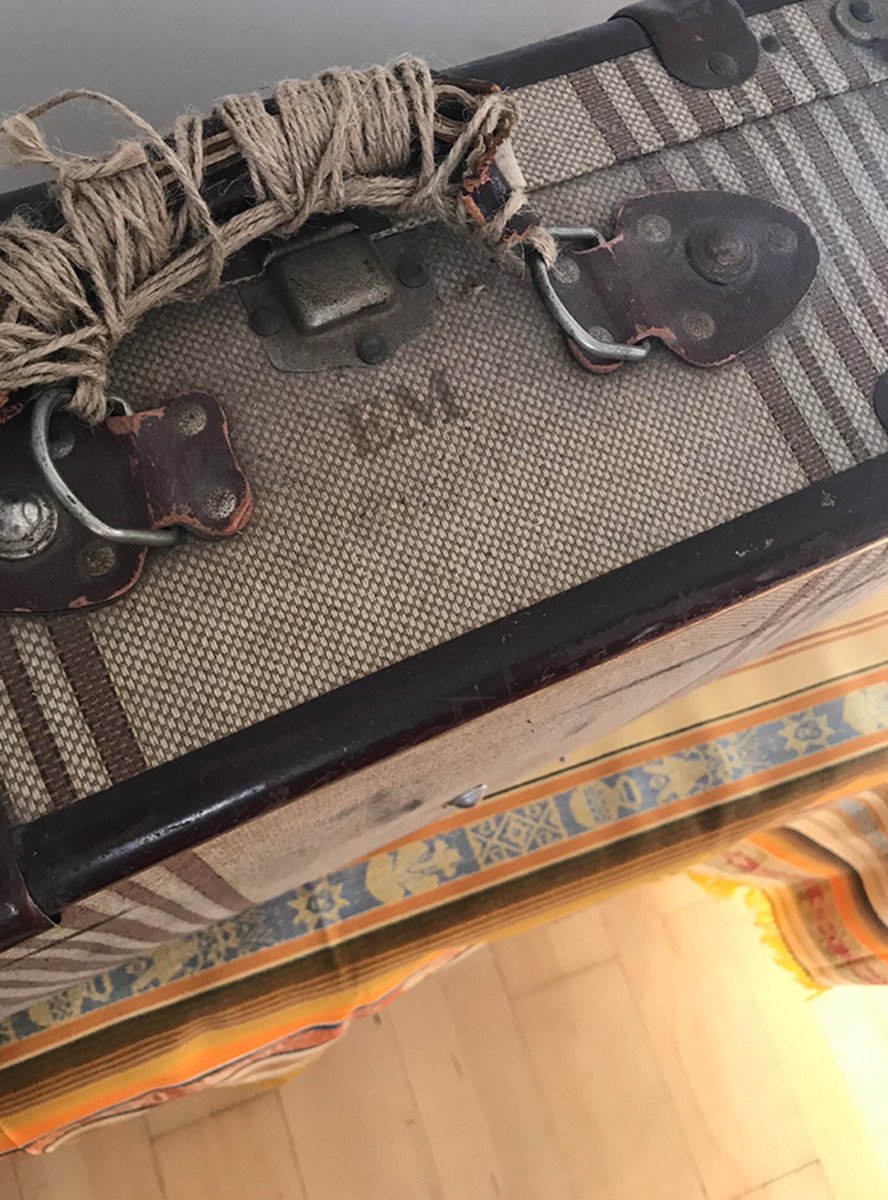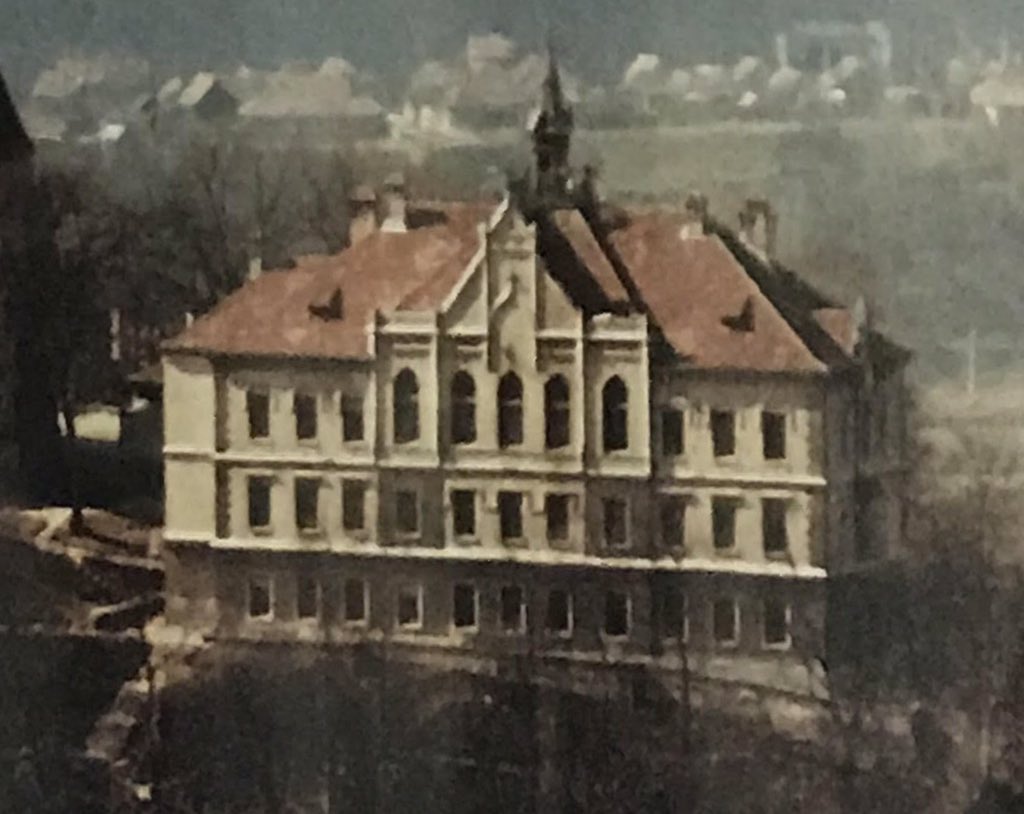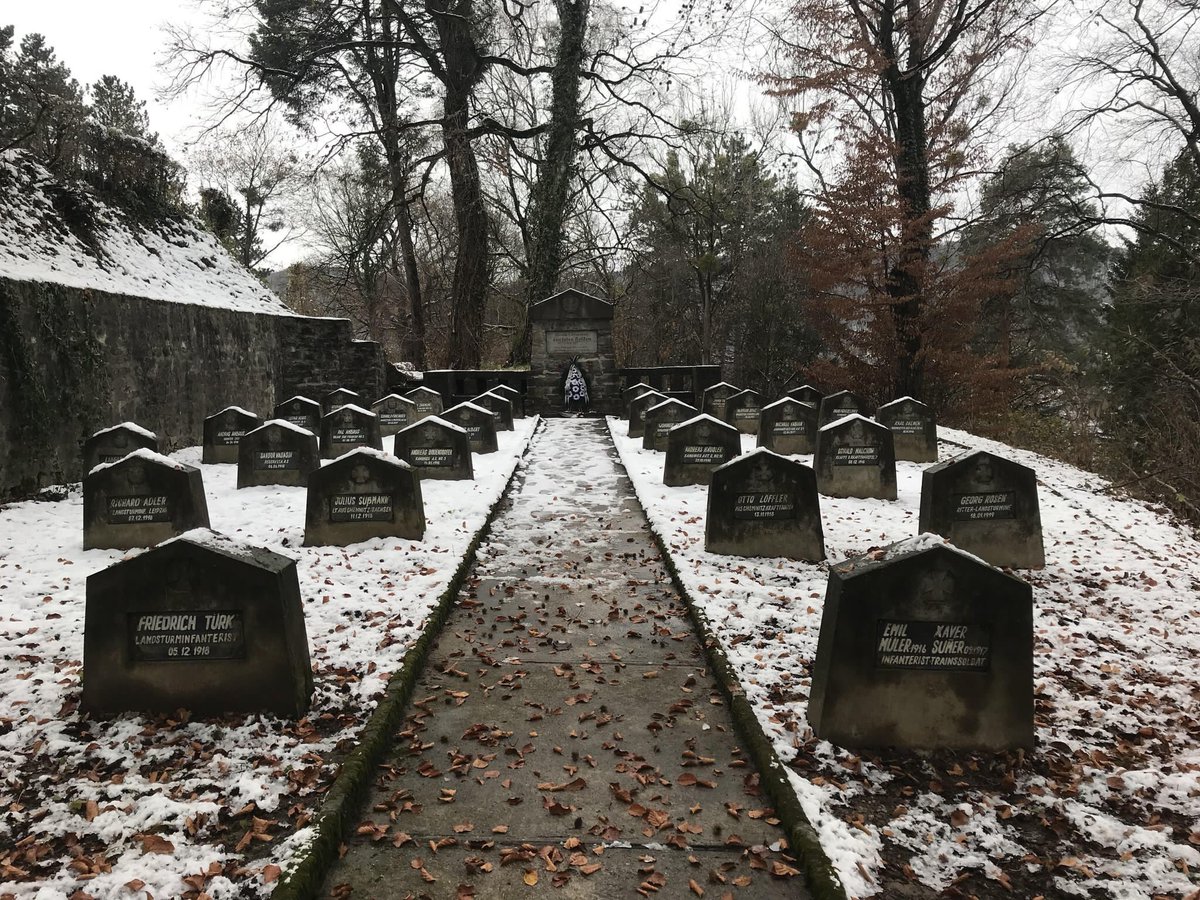
The other day I promised you that I would explain the mystery that lies behind this tombstone in which two soldiers of the Austro Empire who fought and died in the First World War... and who were buried together. Thread goes. 
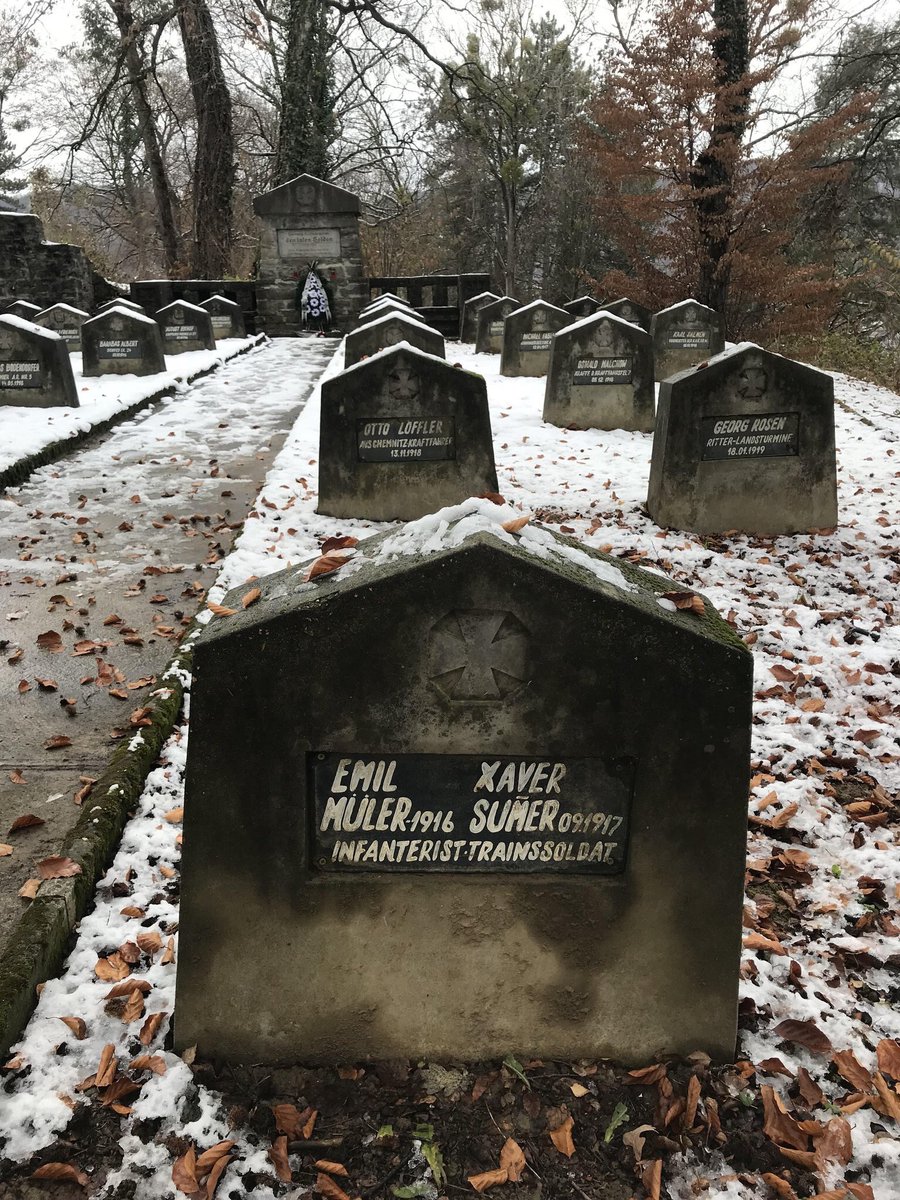
At the highest point of Sighisoara (Romania) stands the Church of the Hill. It is reached by a steep staircase covered, one of the attractions of the place you can see here in a photo I took. 

In this model of the city it is better appreciated the wood tunnel that gives access to the temple and to the small annexed building, a high school that even today works as such (and that will be important in the history). 

Beside the church there is a German cemetery (this area of Transylvania was repopulated by Germans since the 12th century and its descendants were buried there). And it is in that place where I find the memorial of the victims of the First World War. 

There are only 30 tombs arranged symmetrically. A tomb for every soldier, like this, that draws my attention by the beautiful name of the deceased Musketeer. 
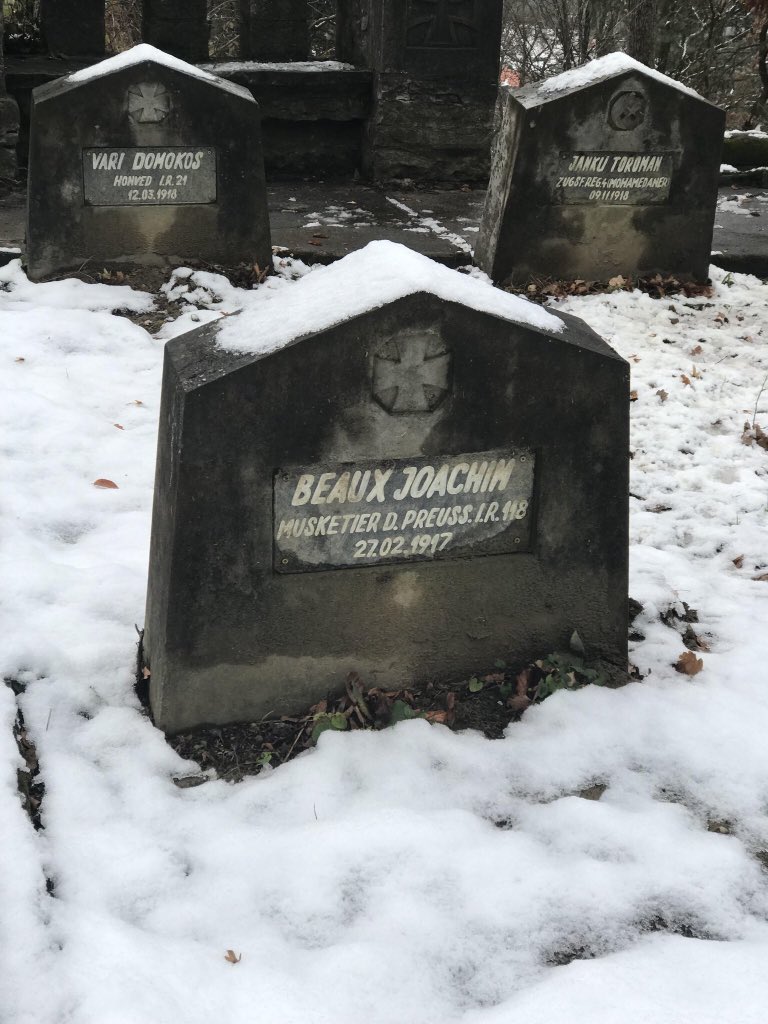
But one of the graves is different. In it there are two bodies: those of Emil Muler and Xaver Sumer. You can see it in detail here. 
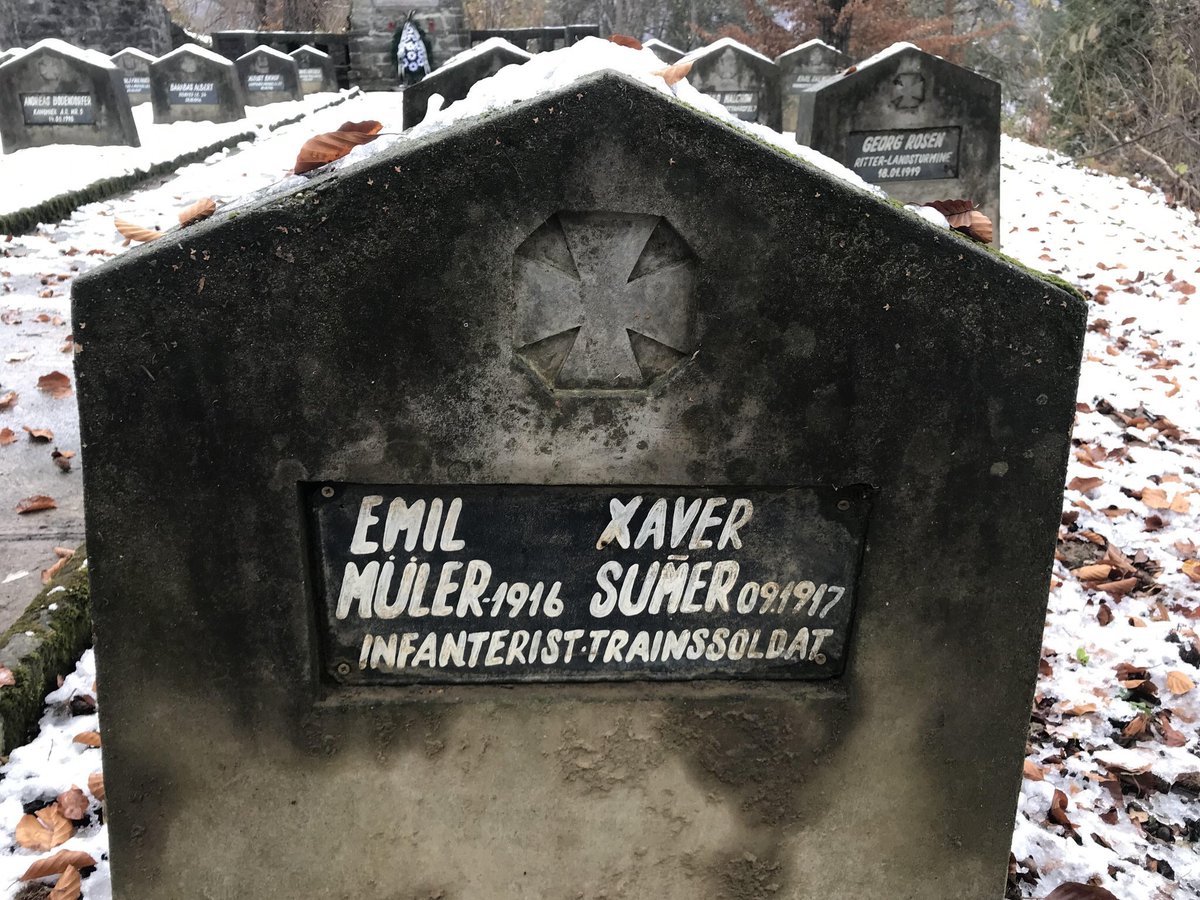
When I see the tombstone, the first thing I do is think badly (as all of you), so I turn to the church for more information.
The only nearby living being is the lady who sells the temple tickets (8 Romanian LEI/1,72 euros). He doesn't speak almost English, but he understands what I mean when I show him the pictures of my mobile
You can see I'm not the first one that's been struck by the double grave. I ask her why they were found out together and she shrugs her shoulders and just says "Prieteni."
prietini= friends.
What kind of friends, asks the romantic fag in me. But the lady doesn’t help a lot. She took a map and pointed out a concrete spot: the famous clock tower in the city centre. 
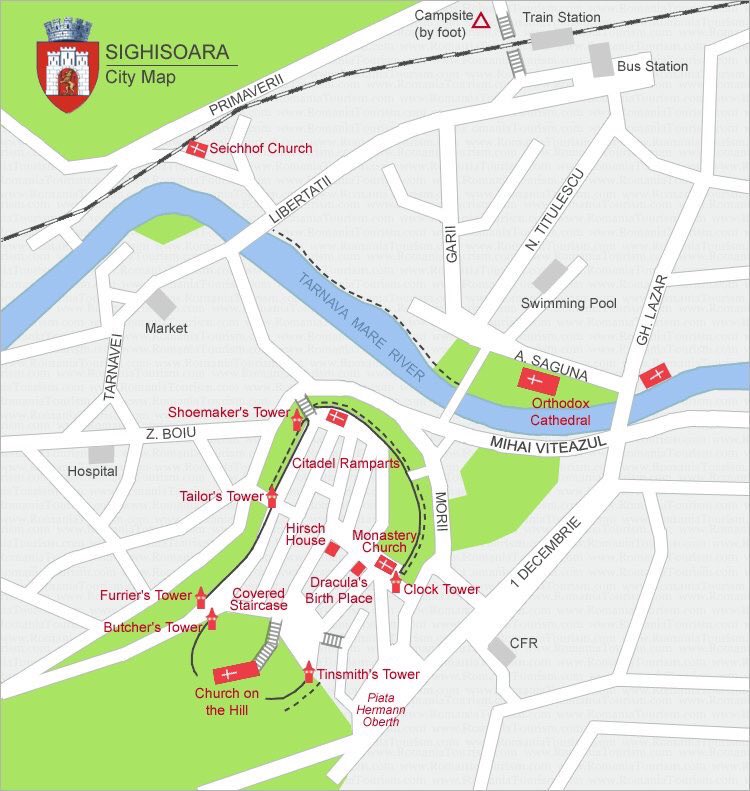
It is clear that if I want more answers I have to address there. And then I understand why. The medieval tower is not only the main tourist attraction of the place. It also houses the City History Museum.
As I ascend through labyrinthine lattice of tower stairs, I find myself with rooms dedicated to different historical periods. One of them is dedicated to World War I.
In that room I encounter original weapons of the war, maps of the Eastern Front and pictures of characters of the time. 

Notable are those of the Muler, a wealthy family of German origin who settled in Sighisoara from Sibiu in the late nineteenth century. The Muler Lords had two sons: Adolf and Emil. 
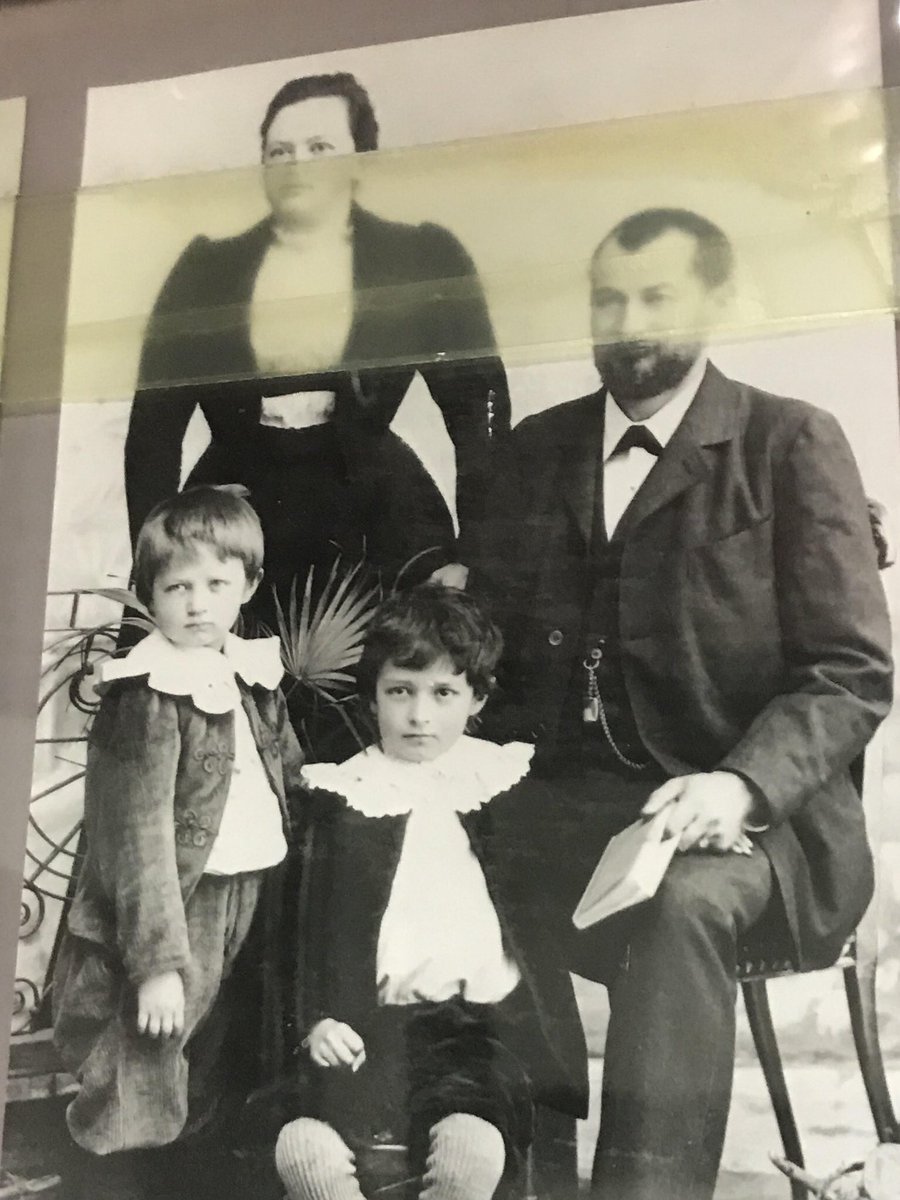
The Muler were enriched with the steel industry and promoted the industrial reconversion of the area. Hence there are so many pictures of his family. But I was interested only Emil, that as a child seemed to smell that his life was going to be very harrrdddd. 
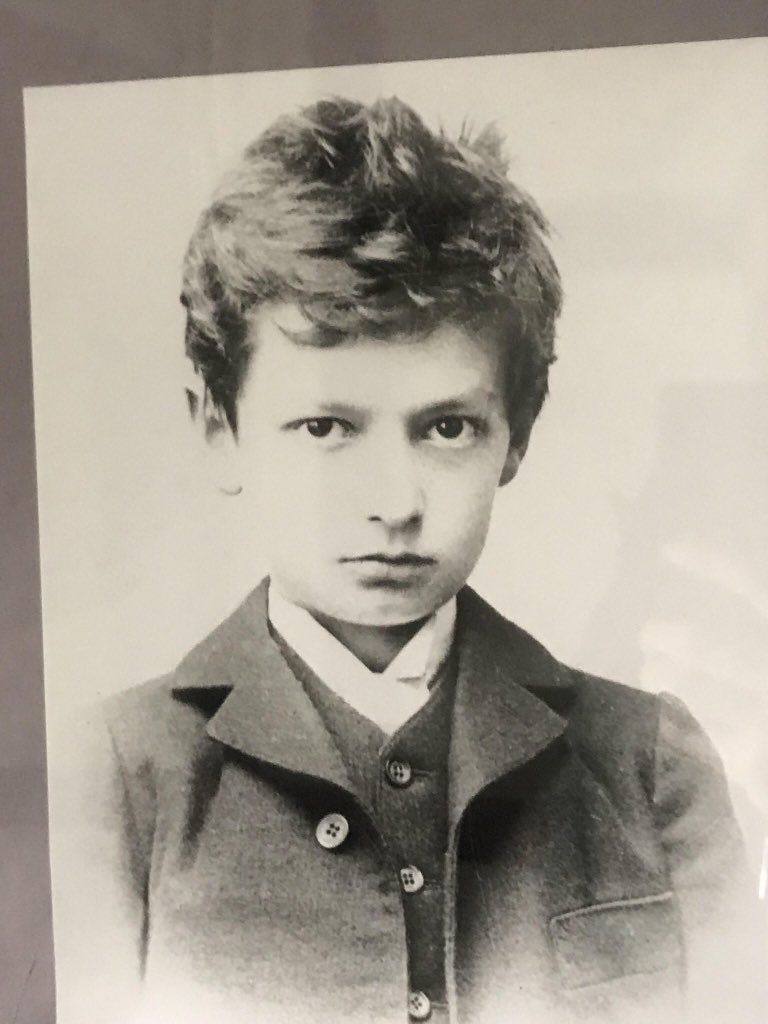
The only thing I find out about him is that he went to the Hill school with his big brother. They both come out here with a friend. Emil's the right. 
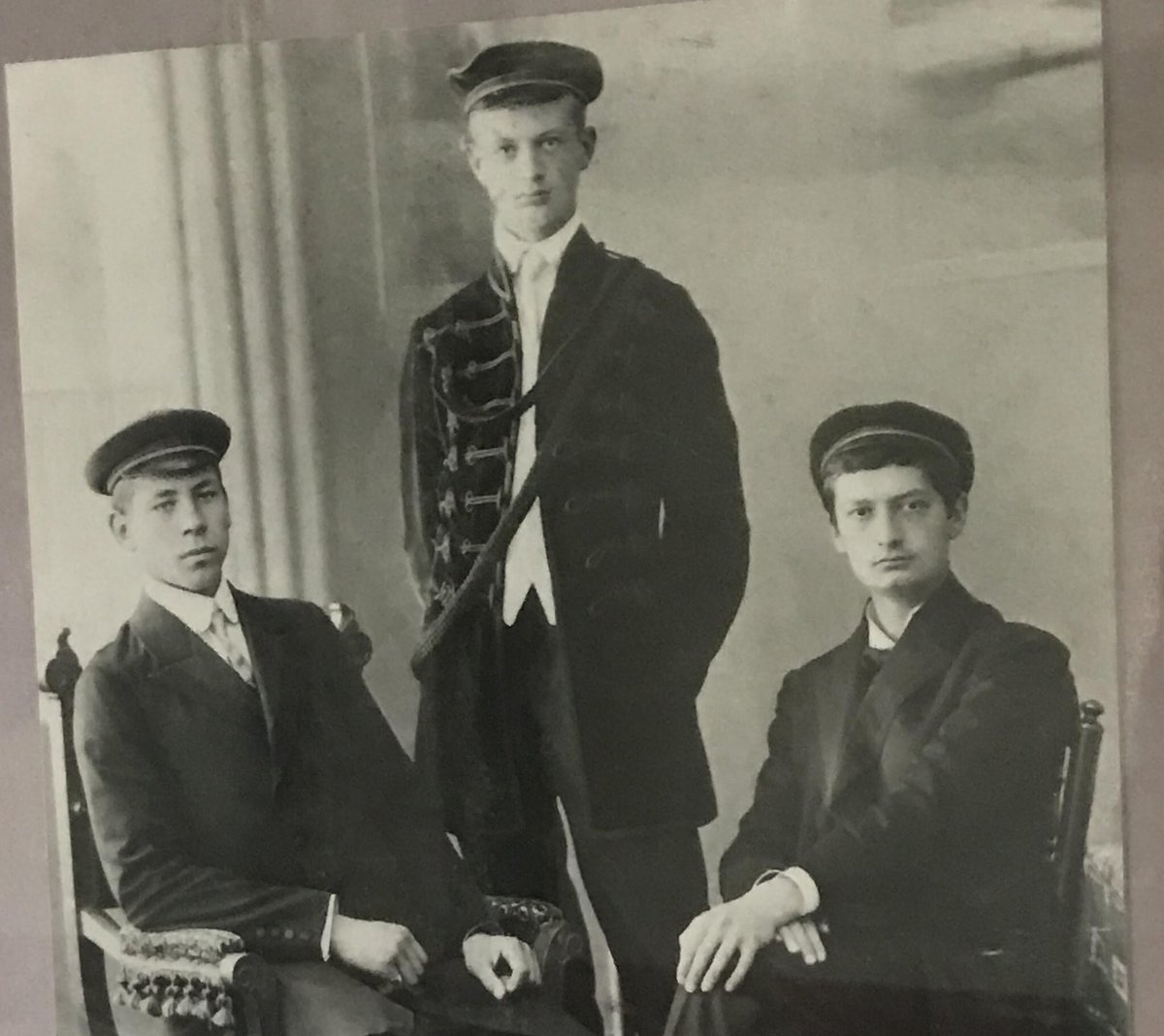
The first thing I check is the name of the "friend", but it seems to be a certain Hermann idk, who does not paint anything in this story. Thank you, next.
What it does call my attention is that it is still creepy that Emil's school was a few meters from the cemetery where his remains would rest forever. Who could have imagined it? 
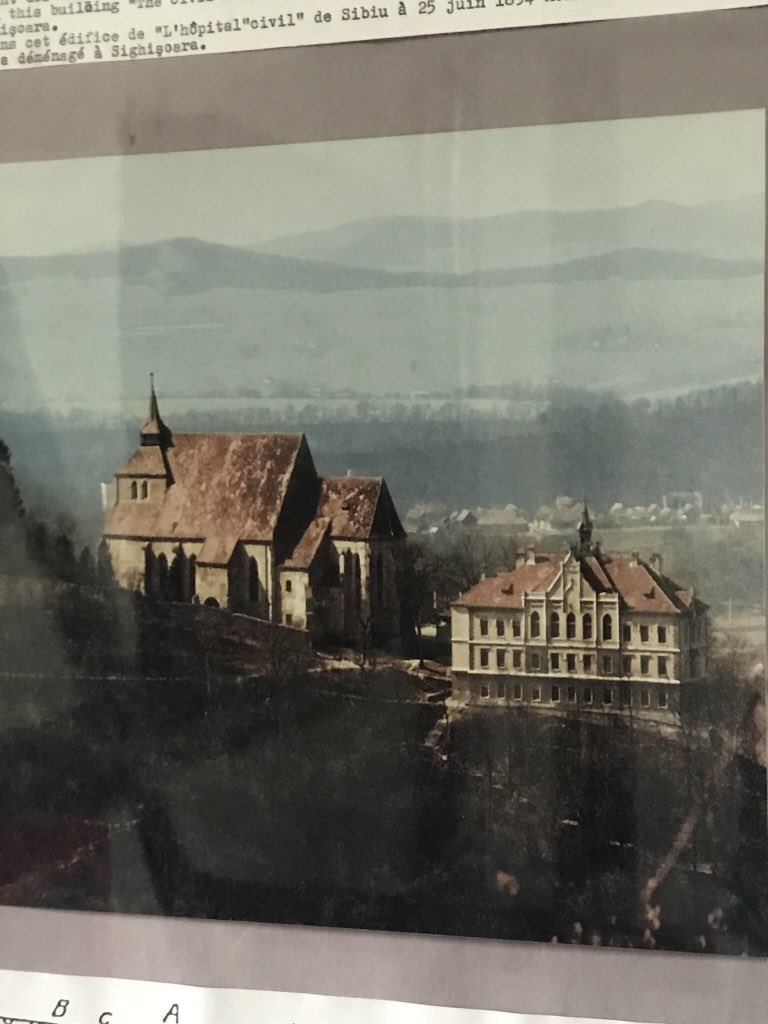
In fact, who could imagine that in the summer of 1914 the worst imanigable war would erupt? A few weeks later, father and children were called to the ranks. 

Emil doesn't look too happy. He had to interrupt his studies at the University of Munich to which he had been sent. And of course, no one likes to run out of Erasmus because the European empires have decided to annihilate each other. 
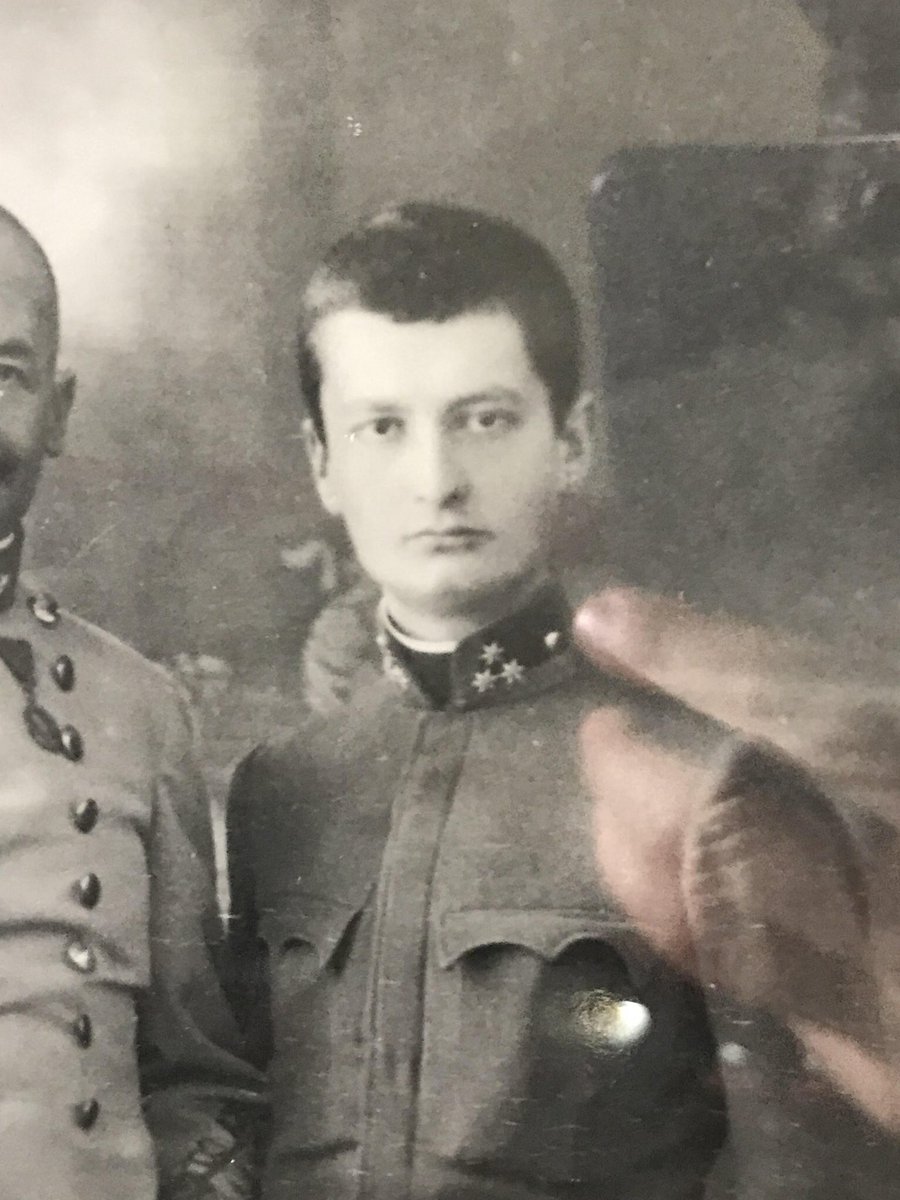
And what happened to him in the war? We don't know. The only thing that says the file of his picture is that he was wounded in 1915 and transferred to the military Hospital of Sighisoara, where he died a few months later. 

And nothing else. In the room I find no more information about Emil Muler. And the worst: nor of his friend Xaver Sumer. There's no trace of him.
Unanswered questions accumulate. Who was Xaver Sumer? Did they two meet in the war or on your return? Why doesn't Emil rest with his family in the same graveyard? Why are they buried together if they didn't die at the same time?
Previously on #EmilyXaver: After discover that was the only tomb with two bodies, I go to the Museum of the city, where I find some information about the family of Emil Muler, his studies at the Institute of the city and his death in the war.
I walk all the rooms of the clock tower where the museum is, loking for something else. Lots of showcase, lots of pot and lots of sign, but no trace of Emil. 
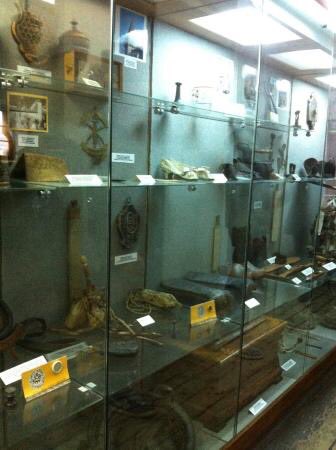
I find myself in a cul-de-sac and with my head full of questions. Who was Xaver and what connection did he have with Emil? Why doesn't Emil rest with his family, who has a pantheon in the same graveyard? Why do they rest together if their deaths are separated for a year?
Fortunately, light had to cross my path to open the door that would lead me to unveil all these unknowns.
My last Chance is the gentleman who sells the tickets to the museum. When I start talking to him, the sky opens up: He speaks perfect English! I'll show you the picture of the tomb and what I found out about Emil. 
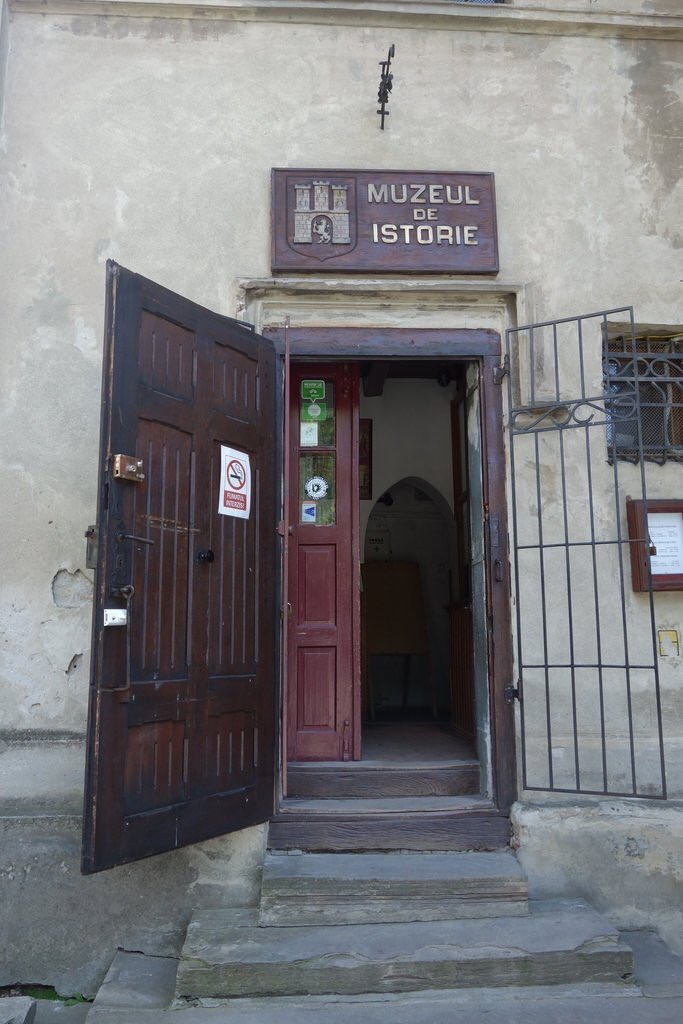
The sir has no idea what I'm talking about. He tells me that he works there but he is actually an aeronautical engineer, which I find fascinating. We chatted for a while and soon wonder where I am from.
"From Barcelona, but I live in Madrid", I answer. And he smiles, "you're Catalan." I say yes, of course, and he recommends that I visit the Bastion restaurant. It turns out that the building in which it is was known for a long time as "the House of the Catalan".
Coincidence makes me laugh and it's time to eat, so I'm heading for the butchers ' bastion. I did not delay in finding the restaurant right next door (hence its name). 
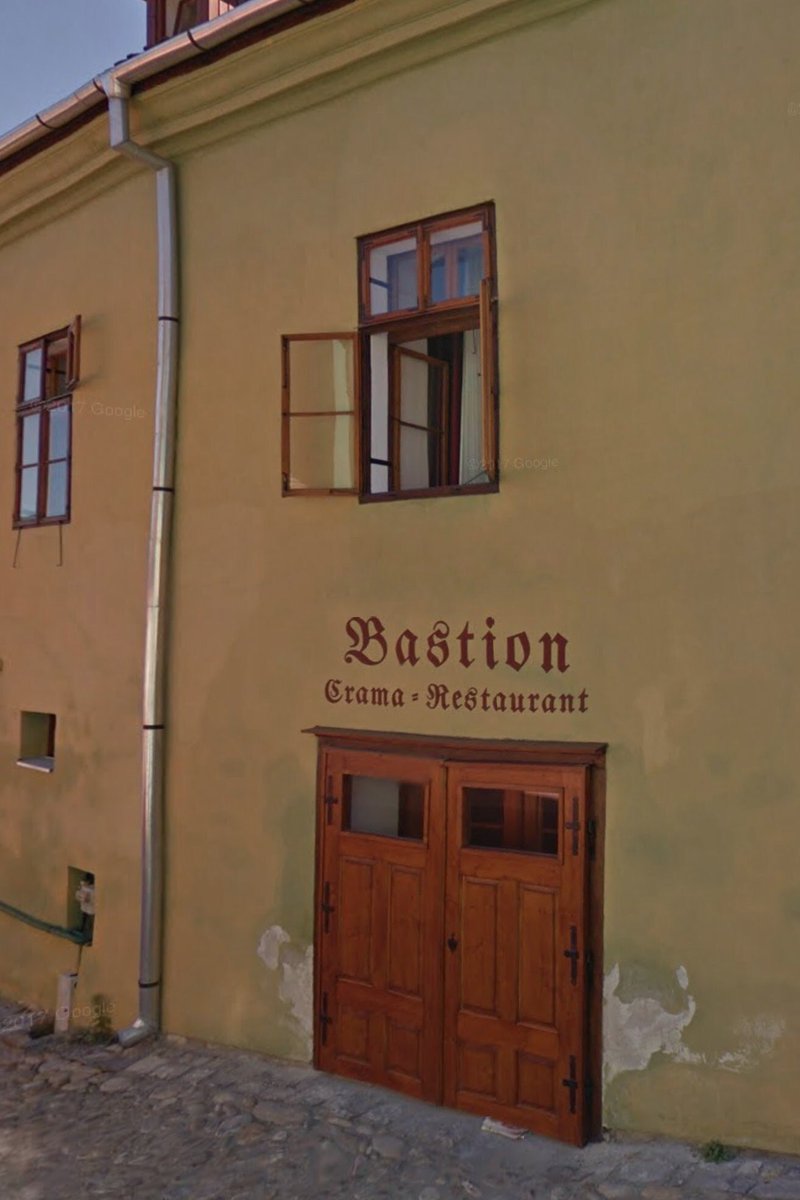
You should be wondering why I'm telling you all this and what the fuck has to do with #EmilyXaver.
After ordering the bill (all for 6 euros, faggot), I talked to the waiter about the reason that has taken me to the restaurant. He tells Me that in fact there used to be a family that apparently had Catalan origin.
He couldn’t tell me anything else. When his parents bought the house, in the years 90, the building was almost ruined, although it retained some objects of the former owners
Among them, some furniture, kitchen appliances and paintings and tapestries that are scattered around the two floors of the building. He asks if I want to see them and he takes me to the top floor. 

In the staircase and the upper room there are some paintings. Most of them are unsigned oils. Amateur prints of Sighisoara painted by anonymous authors. One of them is powerfully calling my attention. 
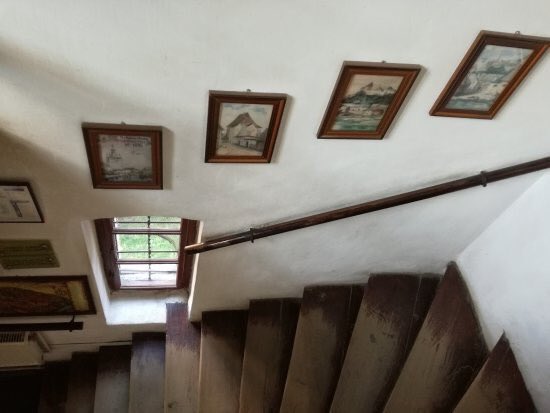
It is a street of Sighisoara, with the clock tower in the background, something gloomy, with a half-dead tree. I examine your details, and all of a sudden, my heart hurts.
In the lower left corner, the painter has signed his name. First I think that the eyes deceive me, but there it says clearly "X. Sunyer" 

And suddenly the grave #EmilyXaver comes back to my mind. And I visualize Xaver's name. Sumer. Sumer with a stick on it, something that I thought was weird the first time I saw it. 
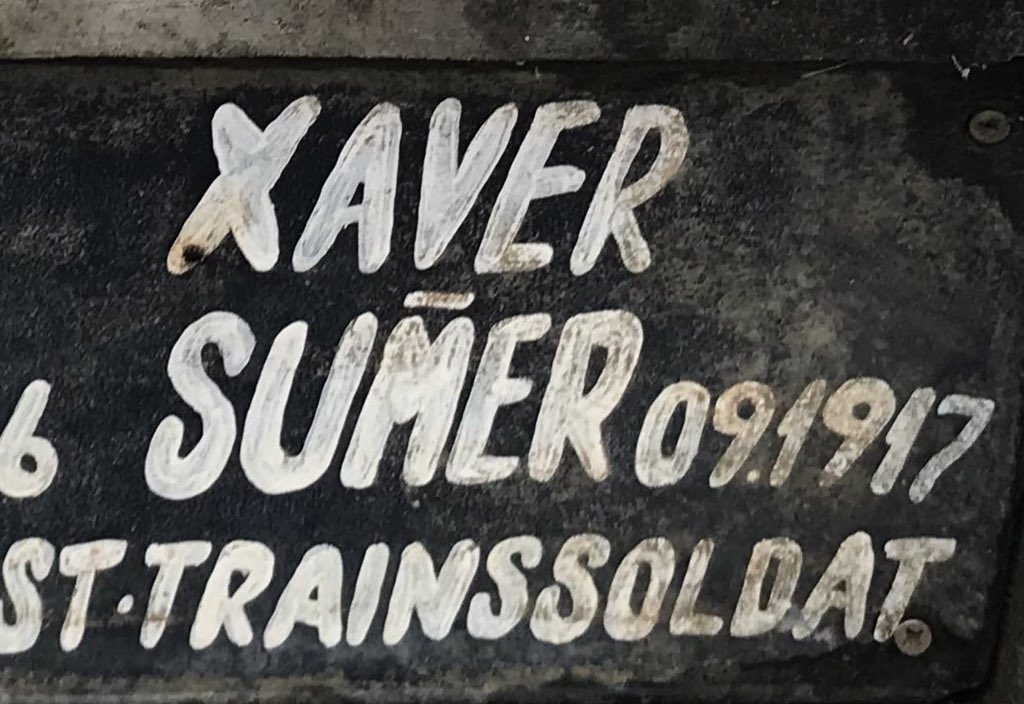
And I wonder if that M was originally an N. What if Sumer was actually Suñer? What if Xaver Sumer was a germanization of a Catalan name like Xavier Sunyer? Was it possible or was I leaving the pot? or wtf?
I don't hesitate to get out of it. Under the picture is all the information I need. The name of the author... and the title of his work. 

Emil's room. Emil's room. The house that Xaver Sumer painted was the home of Emil Muler. And in the center of the canvas,his window. A window that meant so many things, that he had to immortalize it on a canvas.
I can't help getting excited. That painting is proof that they #EmilyXaver met before the war. Xaver painted It is 1913, when Emil had already gone to the University of Munich.
It was clear that if I wanted more answers I had to look for that house. And for my eggs I was going to find her.
I ask the waiter if he recognizes the street. The boy looks at the painting for a while and ends up saying something very useful: "It could be anyone." Seriously?
The only thing that is clear is that the house is inside the medieval citadel of Sighisoara judging by the proximity of the clock tower that you see in the background. 
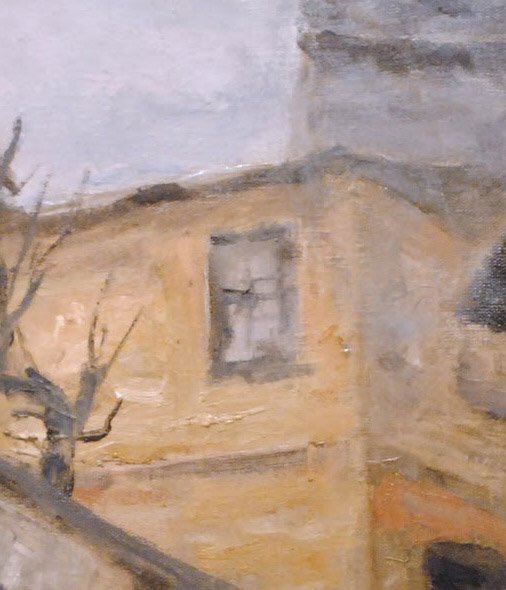
I have to confess that at that moment my hope of finding the house is zero. The Citadel is not big, but it will have changed a lot in a century. Will I be able to recognize her if I see her?
I run the entire North area without success. A lot of streets with colors is nice but I’m getting stressed.
I'm starting get stressed. And then I get a terrible idea. What if the house doesn't even exist? Half the city was half ruined for decades. What real possibilities are there for Emil Muler's home to remain on his feet? 

With that doubt in my head I choose to trace the southern part. It catches me on the way to the bus station and if I don't find it, I'm going to Sighisoara with the mystery to solve.
Along the way I'm asking people. They look at Me like a freak. That's when they understand me. One of them thinks I want to sell my mobile. Sure, honey, I'll make you a price right now.
Finally, already giving everything for lost, down to the square Hermann Oberth by stairs and ask a guy who serves tables on a terrace. Do you recognise this street? He looks at the picture, looks at me, looks behind me and points his finger. "There”.
I turn, and yes, there it is! I had passed by and I didn't even notice! (those of you who know me will know that this is nothing unusual in me, as to go from Carmen Sandiego for life, you know?) 

I put the picture and picture together so you can prove that yes, that's Emil's house! It still exists! 
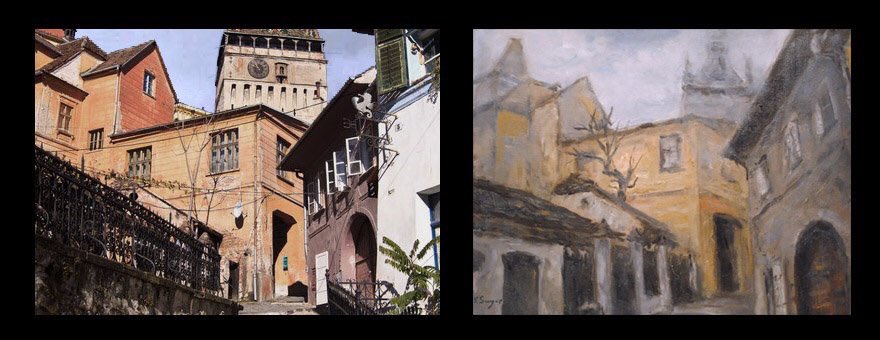
My legs tremble As I approach the portal. Will the house be inhabited? Will someone from the family still live there? And if so, will someone finally tell me what relationship they had #EmilyXaver?
I stand in front of a big wooden gate. In it, a large plaque Reza TASCHLER HAUS BOUTIQUE HOTEL. A hotel is not good news... but at least the building is not abandoned...
The door's locked. I call the doorbell and wait a while until the door opens. A woman of about 50 years old pokes her head and makes me pass. "Would you like a room?" She asked.
"No, I want answers. And maybe you're the only one who can give them to me. "
When I tell her that I am not looking for accommodation, the lady at the hotel looks at me with distrust. At that moment I realize that I cannot tell her the truth. What do I tell her? What am I, a hardened romantic who's obsessed with two dead a century ago?
I decide to adopt my personality of Carmen Sandiego: "I am doing a research work on the First World War in the area, I've been told that here used to live the Muler family, isn’t them?
The woman says yes. That the building has belonged to his family for generations. WAIT. Her family? Was she telling Me she's a descendant of the Muler?
Yes, friends. The lady is called Dorothea Taschler, daughter of Helmut Taschler and Maria Muler, who in turn was the daughter of Adolf Muler, the elder brother of Emil in this photo that we remember.
At that moment I tell her about the tomb trying not to shake my voice. I'm supposed to be a cold-ice investigator, don't get out of character, Guillem. And she nods: "Yes, they buried them together, but I don't know why.
"I've been told that Emil and Xaver were friends," venture me. She nods again: "Yes, they were going together to high school, as most who are buried there." Another shiver. I have a high school next to the cemetery.
It's clear they #EmilyXaver met when they were teenagers. Or maybe before. And their friendship was forged in the halls of that building, a friendship that truncated when Emil went to the University of Munich towards 1912 and Xaver stayed in Sighisoara. 
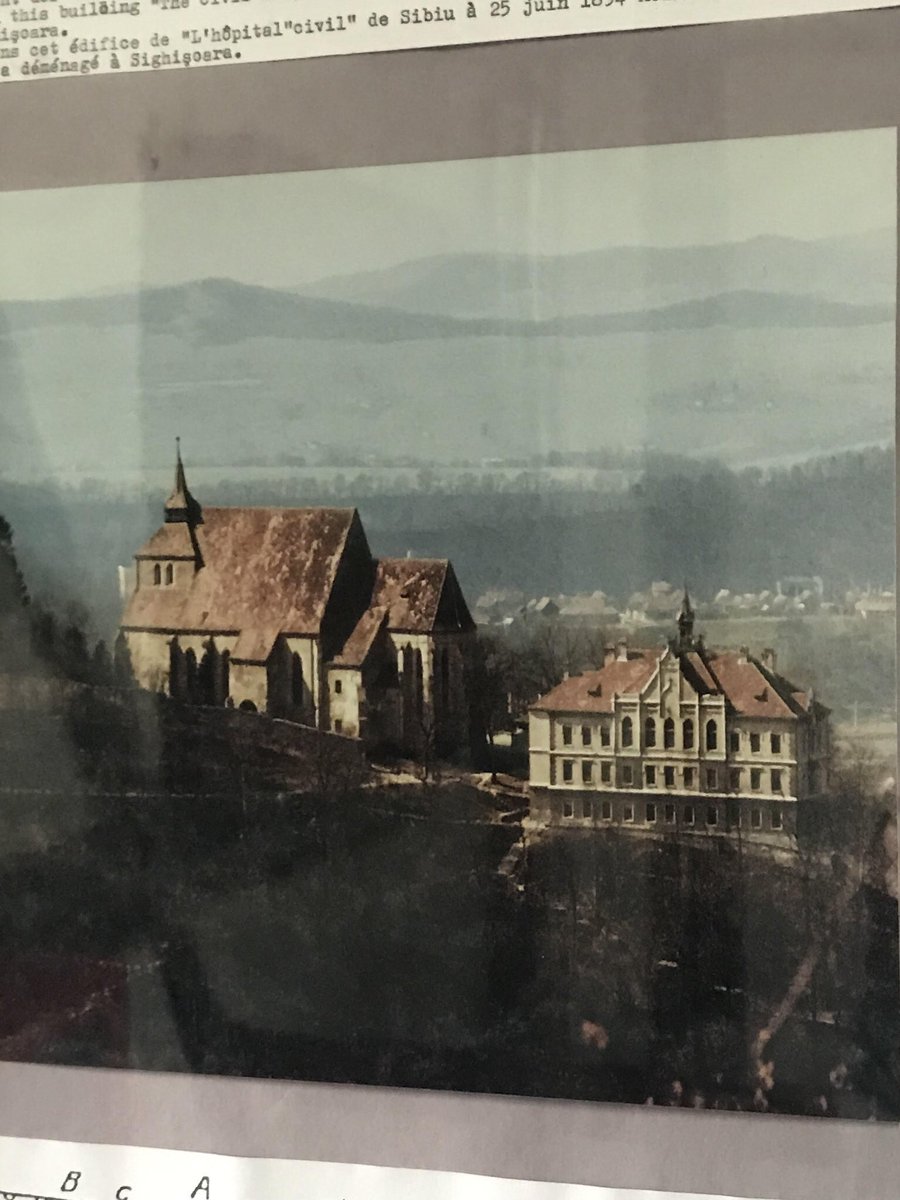
That's why Xaver painted Emil's window. Because he missed him. Even a year after his separation he still dedicated his paintings to him
Only two of them are buried together! Dorothea thinks a little and ends up saying that she doesn't know the reason. "Maybe the family of Xaver Sumer had no money for his own grave?" The explanation doesn't convince me anything.
We kept talking about the Muler a good time, of how Emil and his father died but Adolf survived, staying with the house. He also regrets that Emil died single and without offspring.
At that moment I pointed to the window that is just above us: "That was his room, right?" She opens her eyes like dishes. "How do you know?" I show him the picture of the painting and I throw: "Could you show it to me?” 
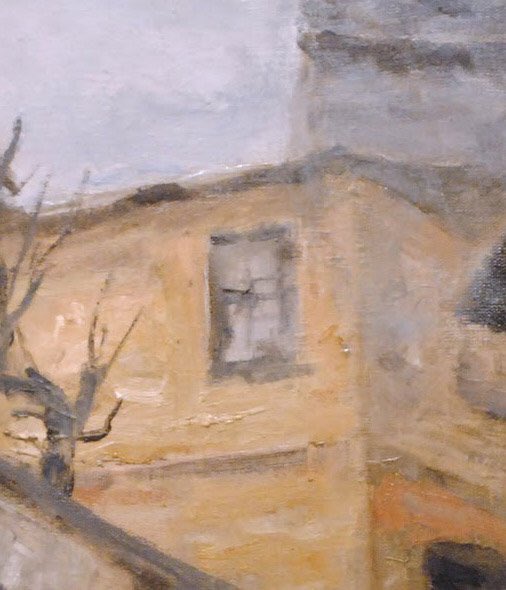
She nods and makes me pass. I enter the old house of Emil almost reverential, but it happens to me suddenly to see that they have completely reformed and inside is terribly ugly. The frescoes on the walls are to tear off their eyes (sorry, Dorothea). 
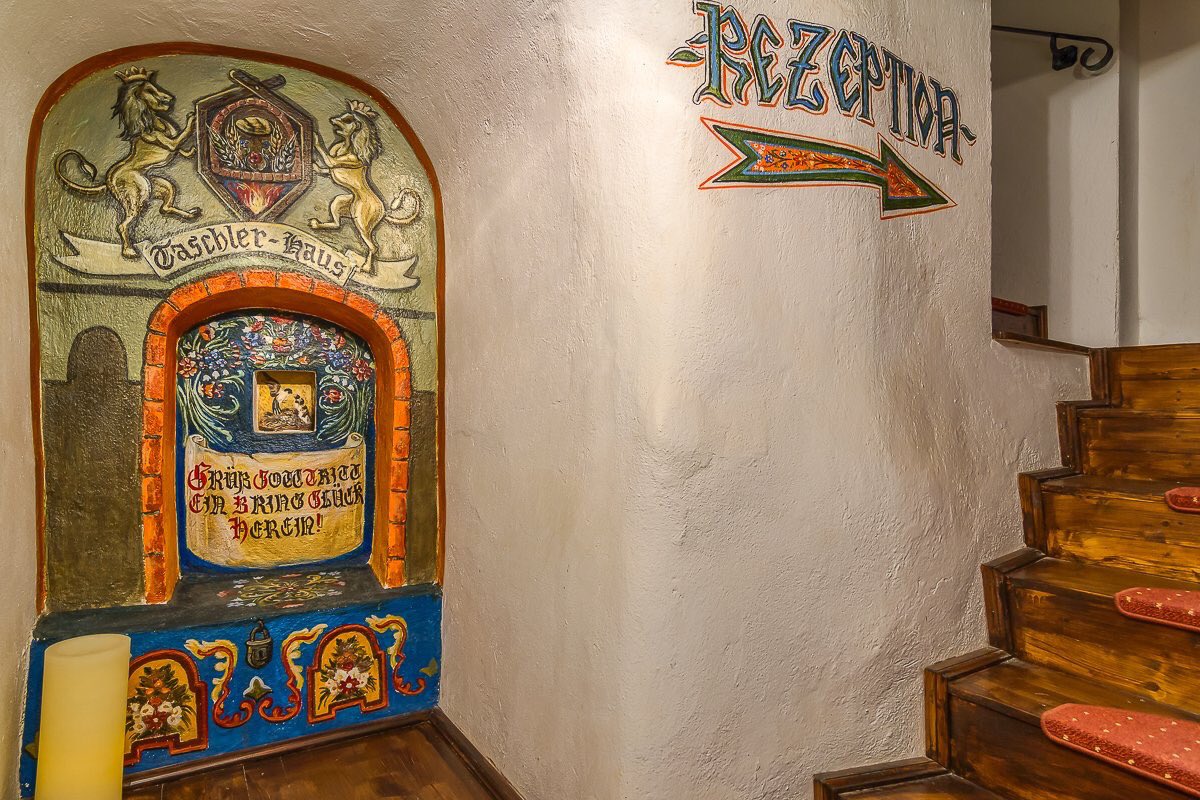
The room is free so I can visit it with no problem. Dorothea opens the door and cuts my breath. Im in front of Emil's room.
I head to the window and from there I guess the place in the street from which Xaver painted his painting. And I raise my hand, as if I were Emil myself, saying goodbye to Xaver, who has just left my house with a smile on his lips and turns to greet me with a smile.
At that moment I feel like I can't leave. Fuck the bus to Târgu Mures that comes out in a while. Fuck everything. I turn and say to Dorothea: I think I'm going to stay and sleep here tonight.
The woman smiles, as if she already suspected that i would say that: "I'm glad, because I have something to show you. And you're going to need time to examine it”.
I follow Dorothea to a locked door. Behind her is a room more austere than the others. I gather that it is not intended for hotel guests. There are several cabinets, bunkers and furniture of different styles.
Dorothea opens one of the cabinets and takes out a suitcase. "If you want, you can examine its contents," he says. I saw why. The suitcase is in pretty bad condition, but next to the handle there are two initials.
Dorothea watches me attentively. I don't know if she’s amused or uncomfortable that I probe in her family's past this way. I ask her if I can take a picture of her too, but she denies.
I turn my back and contemplate the suitcase as if it were a treasure, the remainder of a shipwreck that the waves have made reach my feet on a remote beach. What would I find inside? Would the answers I was looking for or would there be even more questions?
I finally open it... and this is what I find myself. Folders, papers and a small backpack.
Dorothea tells me not to pay attention to the folders because they aren’t interesting. The Briefcase is all I need. And when I open it...
Photos! Dozens of photos of all sizes, themes and eras. A lot of instants immortalized in celluloid, anonymous faces, exotic landscapes, family snapshots... there's everything!
Apparently, it's been years since the photos are kept there. Most found them when they reformed the hotel. They put them in the storeroom to organize them one day, but as it happens, that day never arrived.
Dorothea is sure that some early-century photo will be there and invites me to look for her. I look inside the briefcase overwhelmed. There may be quietly 200 or 300 photos! I can spend hours watching them...
Dorothea smiles: "When you get tired, you can go down to dinner at the restaurant." And that said,she goes. Once alone, I take all the pictures out of the briefcase and I get to classify them as good I can.
The task takes me longer than expected and I go to the restaurant without being finished. I eat too much (something new) and decide to continue the next day.
That night I find it hard to sleep. I stay a while looking at the window from the bed and wondering how many times Emil Muler would have done the same thing, more than a hundred years ago in that same room. 
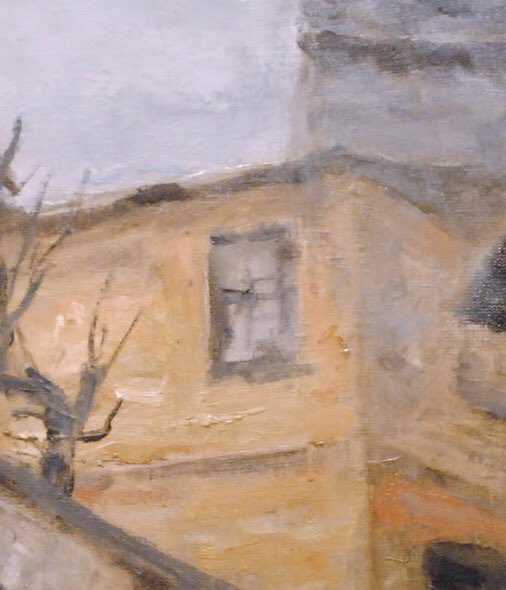
And I can't help wondering what the fuck I'm doing here. Did I let this get out of hand? Have I neglected my gigs in Târgu Mures chasing a mirage? Why do I need to know the truth of this story that neither comes nor goes?
Do I need to believe in love so much?
The light of Dawn wakes me up early and I go back to the storeroom without breakfast. I have to seize the time: I can not stay any more days in Sighisoara. We have to solve the mystery today or I will go without answers.
The light of Dawn wakes me up early and I go back to the storeroom without breakfast. I have to seize the time: I can not stay any more days in Sighisoara. We have to solve the mystery today or I will go without answers. 

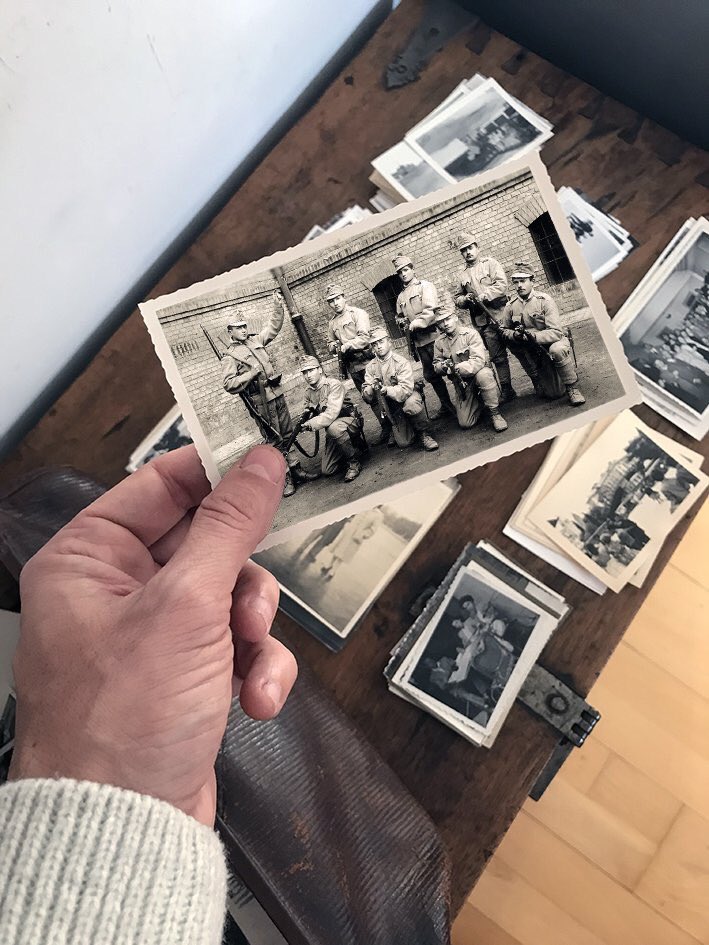
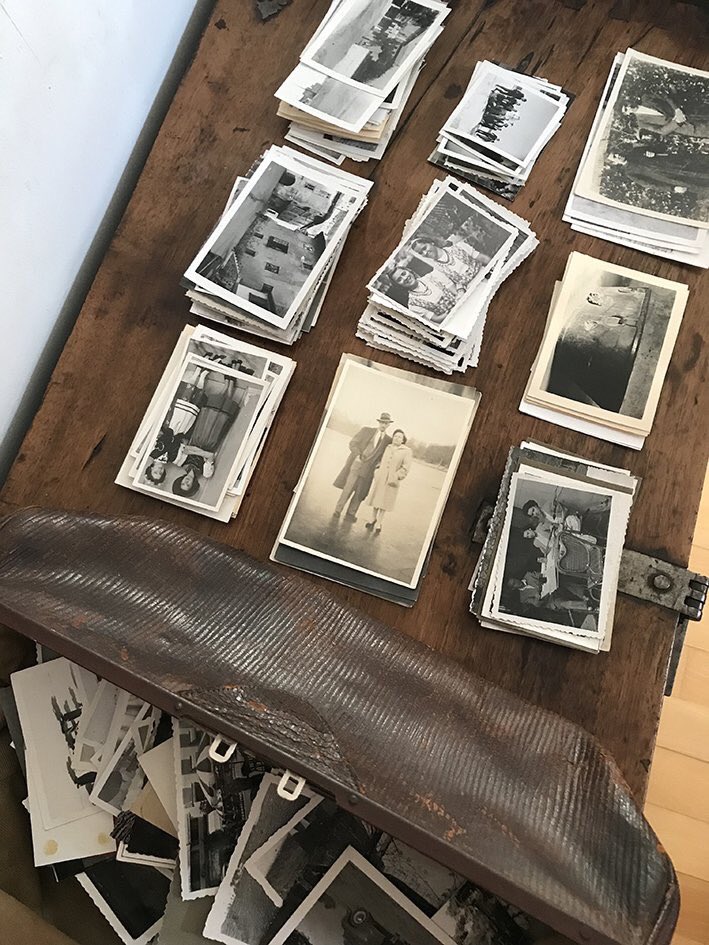
And just start finding the first picture. It is a platoon of the Austro Army: a group of young soldiers posing proudly with their impeccable uniforms. They probably didn't even shoot a single bullet there yet.
I've finally put a face on the two soldiers. I put his photographs next to each other. The gaze of both of them is riveted on mine. And through space and time, it seems to me to see in them a common supplication: "Tell our story or we will never exist." 

Unfortunately I can't find any more pictures of him. There are some more snapshots of the front, anonymous soldiers sunk in the mud of the trenches, moments of rest without any trace of happiness, officers of big whiskers and uniforms pristine... 
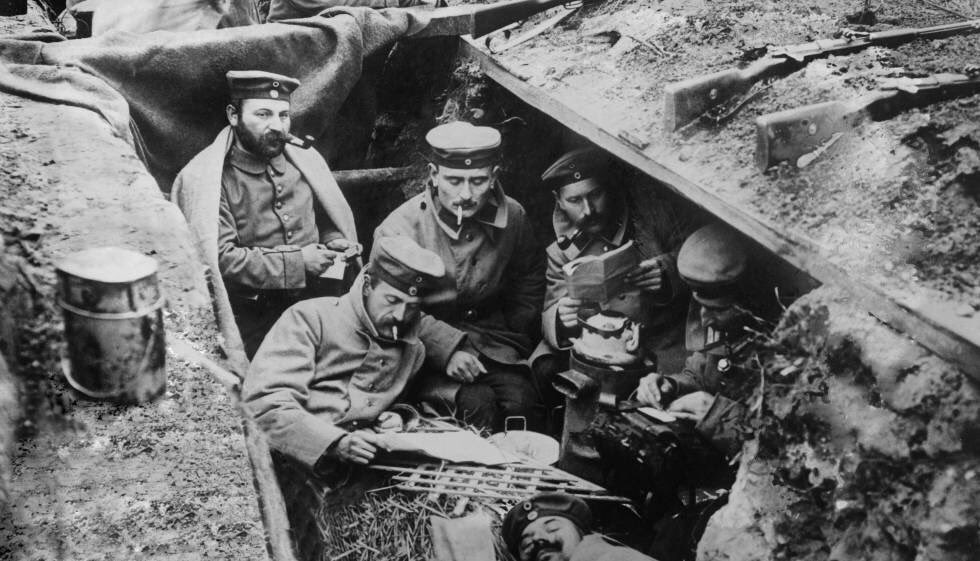
And it is thanks to them and the annotations on their backs that I realize that Emil and Xaver fought in different destinations. Xaver was sent to the north, in front of Warsaw, while Emil defended the Transilvanas positions against Serbia.
Between 1914 and 1915, when Emil gets hurt to Sighisoara, the two boys never watched themselves again. And every time I understand less what happened. If they didn't even fight together, why did they bury them together?
I have a feeling I'm back in another cul-de-sac. I thought the pictures would give me more answers, but it wasn't.
I'm about to keep the photos in place and cross one last look at the two soldiers: "I'm sorry, guys, I've failed you."
I grab all the piles of images to put them in the briefcase, but I stop. A phrase rumbles in my brain: "Tell our story or we won't exist." Is that really the destiny I want for Emil and Xaver?
Has their story not been erased once, as has happened to millions of other soldiers who rest under the soil of the whole continent? It was not fair for me to abandon them again in that tomb of oblivion.
That's why I'm going to go over the pictures one by one again. The old and the modern ones. All. I analyze each face, every detail, every moment... until I give with this image of the years 50. Two men in front of a portrait. 

I have no idea who they are, but what draws my attention are not them, nor the man in the picture, but something that is in the background. Does it ring a bell? 
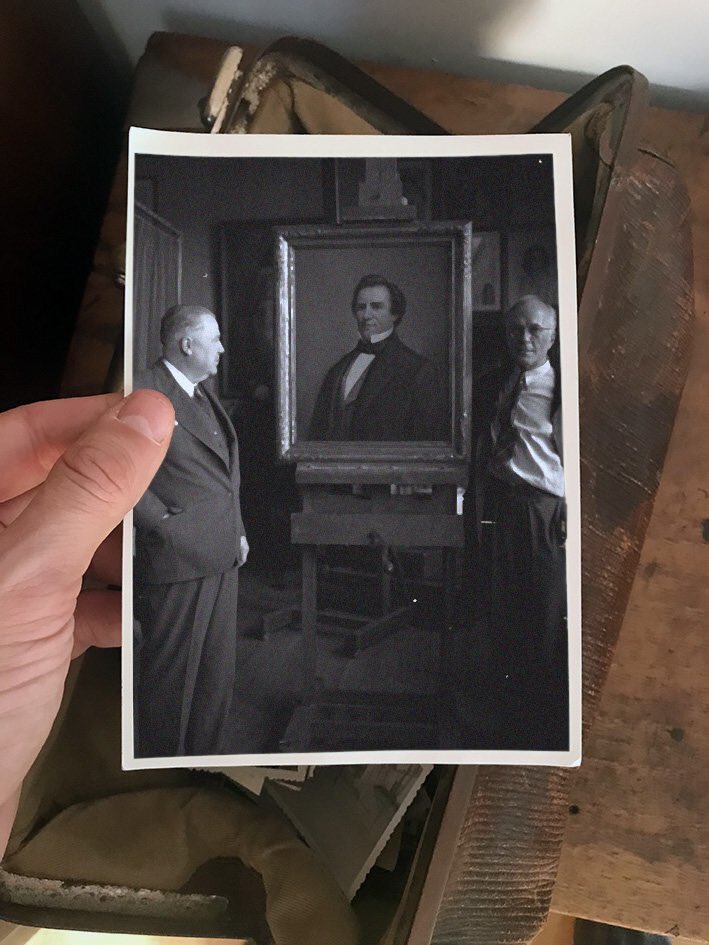
I run downstairs looking for Dorothea and brandishing the picture as if burning in my hands. She recognizes one of them instantly. It's Hermann Balan. He was mayor of Sighisoara in the years 50, she says.
Hermann Balan? The name sounds terribly to me. Where have I heard that name before? And suddenly I see the light.
Hermann was a friend of Emil in high school. And probably also from Xaver. And in case you're wondering, yes, his family's still living in the city.
"Do you want me to call them?" asks Dorothea. And there's no need to respond. She already has the phone in her hand.
I walk through the streets of Sighisoara guided by Dorothea. We don't talk. The only thing that breaks the silence of that icy Saturday morning is the crackling of our footsteps on the snow.
We are heading to the main square of the citadel. There lives Alina Balan, granddaughter of Hermann Balan, who was mayor in the years 50 and schoolmate of #EmilyXaver before the War. 

Dorothea stops in front of one of the mansions and knocks on the door. A Oronda sixty-year-old woman of cheeks cheeks appears to be out of a tale of the brothers Grimm.
Alina and Dorothea start talking in Romanian with this complicity that only have lifelong friends. I guess loose words: "Casa Catalanului", "Emil", "Xaver", "Prieteni".
prieteni means friends do you remember?
Alina looks at me with a smile from ear to ear and she lets me come inside. She doesn't speak a word of English, but she doesn't need to. She’s clearly happy to help me.
We walk through the halls of the mansion, full of paintings, icons and religious imagery. Dorothea is translating her friend's explanations: when her grandfather came back from the war, she became fond of collecting art. 
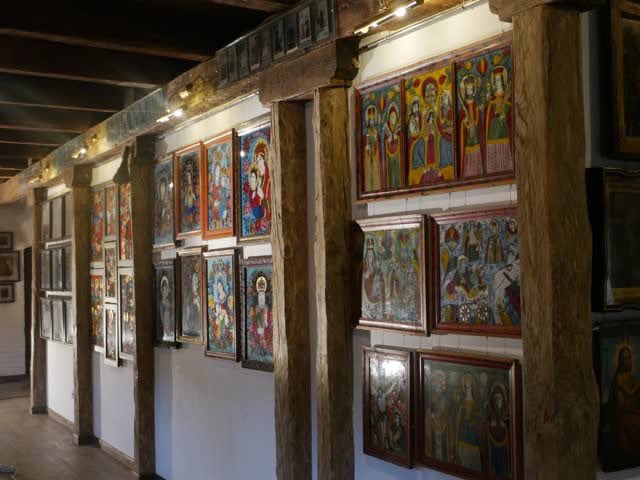
Again I had the picture of Emil's window in front of me. How was it possible that there were two equal squares? I commented to Alina that I saw an equal yesterday at the Bastion restaurant. She again embraces the smile of cute grandma and says: "They are not equal."
Indeed, when I approach to examine it I realize. The colors in the picture are different. And in Emil's window you can guess a silhouette. And not just that. The date of the painting is 1916.
1916. Three years after the first painting. A year after Emil came back from the front. The year Emil died.
I don't understand anything. Why did he painted it with Emil again at the window? and Alina replies that she didn't just paint that one. He painted many more, but they were lost.
Alina invites us to sit down. The story you're about to tell us is going to be long. And it's going to be full of answers.
Indeed, #EmilyXaver they met in high school. They were both close friends of Hermann Balan. The three boys were inseparable. But Emil and Xaver's friendship was special. She says it. Special. And she says it with some tenderness that I thank.
The boys were about to finish the institute towards 1912 and Hermann noticed that his two friends were going away from him. The poor man didn't understand why. Until one day he discovered it, he told his parents and the news soon arrived at the families of Emil and Xaver.
That's how Herr Muler decided to send Emil to study in Munich, while Xaver stayed in Sighisoara painting his empty window. 
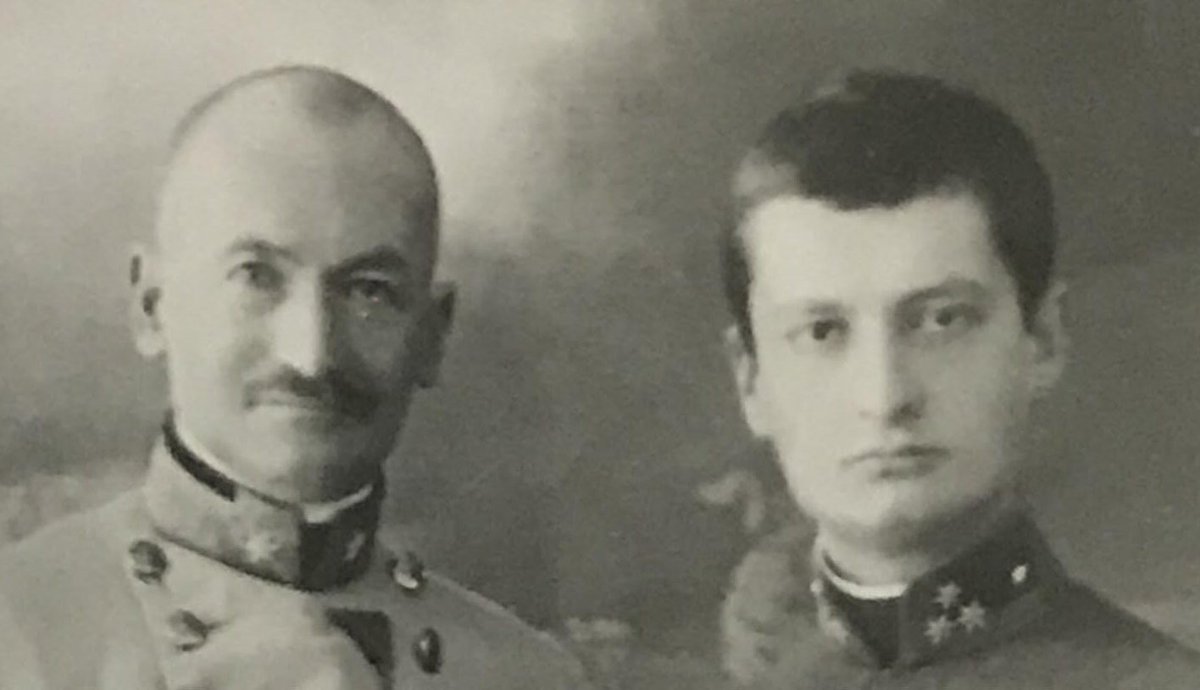
Xaver swore to Hermann that he would never forgive him for what he had done to him.
But then something happened that no one expected. In the summer of 1914 Gavio Princip assassinated Archduke Franz Ferdinand and his wife in Sarajevo and the First World War started. 
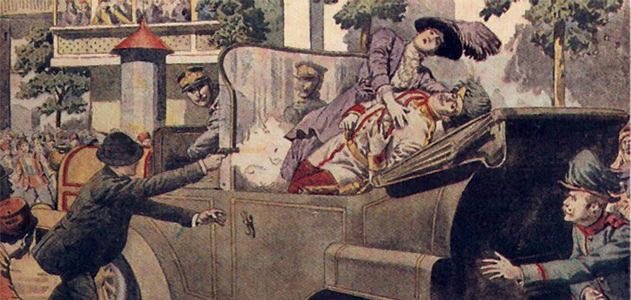
Hermann, Emil and Xaver went to the front and lost all contact... Until Emil got hurt back in 1915. Alina tells me that his condition was delicate. His lungs had been affected by the effect of a chlorine bomb. He was prostrate in bed.
The news came to Xaver, who was still in the front. The boy went out of his way to see him again before Emil died, but he was not relieved until mid-1916.
The first thing Xaver did when he put his feet in Sighisoara was planted at Emil's house, but his parents did not allow him to see him. Not that day or ever again. They hid his son who had returned...
And that's why Xaver stood in the corner under Emil's window. He went there every day and spent hours in the hope that Emil would have the strength to get out of bed, look outside and see him.
And to entertain himself, he painted the same painting over and over again
And to entertain himself, he painted the same painting over and over again
Alina stops her story. She had noticed I'm crying.
"Tell me they were seen. Even if it was only a day. Tell me Emil knew Xaver hadn't forgotten him. " My words sound almost like a plea.
"Tell me they were seen. Even if it was only a day. Tell me Emil knew Xaver hadn't forgotten him. " My words sound almost like a plea.
She smiles again, but she doesn't say anything. It rises and searches between the volumes of the library. Take out an album full of photos and documents. And then find what you're looking for: a letter
"Do you want to know what it says?" asks Dorothea. I can translate it for you.
A letter from Xaver to Emil. Nor in my craziest dreams would I have imagined finding such a treasure. But I can't help wondering why it is in the power of Alina Balan. Did it didn’t reach it’s destination?
"My grandfather intercepted it," explains the old lady. When Hermann came back from the front and found Xaver on the street, his heart broke. He realized what he had provoked with his confession before the war.
He tried to apologize, but Xaver didn't want to listen to him. They fought in the middle of the street and Xaver broke his nose with a punch.
Hermann was aware that the pain he felt in his face had no point in comparison with that of his old friends. He proposed to amend his mistake and tried to intercede for them by being planted at the Muler's house.
He asked them to allow one last encounter among the boys, but they refused. And not just that. They showed him the letter of Xaver they had just received and asked him to return it, so that it would be clear that his words would never reach Emil's ears.
Hermann ignored them. The letter was kept and as soon as he had occasion he asked to see Emil. In the room we already know, Hermann apologized to his high school friend and, beside his bed, read Xaver's letter in a whisper
And it is in that same whisper that Dorothea begins to translate the words of Xaver:
"Dear Emil,
your parents won't let us see.
I turn to this letter to write what I have never been able to tell you.
I want you to know that I love you.
Yes, Emil, I love you.
We had been taught that ours was not love, but I realized that it was. "
your parents won't let us see.
I turn to this letter to write what I have never been able to tell you.
I want you to know that I love you.
Yes, Emil, I love you.
We had been taught that ours was not love, but I realized that it was. "
"What you and I have had is the truest love I have ever felt.
That's why I don't want to lose you without telling you.
I love you from the first day we entered high school and we escaped to the cemetery to smoke a cigarette. "
That's why I don't want to lose you without telling you.
I love you from the first day we entered high school and we escaped to the cemetery to smoke a cigarette. "
"I love you from the day you warmed my hands with your breath because I had lost my gloves.
I love you from that kiss in the Sander's stable.
I love you so much that the thought of seeing you again was the only thing that kept me alive in the Serbian trenches. "
I love you from that kiss in the Sander's stable.
I love you so much that the thought of seeing you again was the only thing that kept me alive in the Serbian trenches. "
"It would suffice to look into my eyes for you to understand. I wish you could.
You wouldn't need words. We we would look and we would be children in the halls of the Institute, before the death, before the bombs, before the hate that became us the old men we are”.
You wouldn't need words. We we would look and we would be children in the halls of the Institute, before the death, before the bombs, before the hate that became us the old men we are”.
"That's why I've been under your window for months, to see you again, only for an instant.
For your smile to make me believe that our love meant everything and threw some light in this century that was born dead. "
For your smile to make me believe that our love meant everything and threw some light in this century that was born dead. "
"I love you and whatever happens, I will always be with you.
Yours, Xavier. "
Yours, Xavier. "
When Hermann finished reading the letter, the two kids were crying. Emil, almost without a voice, asked him to help him get up.
Emil was so weak that he didn't seem to be able to get to the window, but he got it. He drew the curtains, looked outside, and for the first time in years of horror his face burst into a smile.
Because down there on the street was Xaver returning his gaze. Because the man he loved had told him ” i love you” for the first time and he was responding to him, very weak, with his breath fogging the window pane.
Xaver could never hear Emil's Ich liebe dich, but he felt it in the depths of his soul as a blessing. At that moment Emil lifted his arm as a greeting... And that's how Xaver painted it in his last painting.
That same night, on December 12, 1916, Emil Muler passed away.
He was 22 years old.
He was 22 years old.
The silence falls into Alina Balan's living room as a sentence. The old lady breaks it with her broken voice: "At least they had that moment. Others didn't even have that. "
The day after his death, Emil was buried in the family vault and Xaver stopped painting. We know he died months later, but what happened to him at the time? And the most important thing... how did you end up buried together?
The puzzle was still incomplete, but the piece that was missing to complete it was not far...
(the next part will be the last of #EmilyXaver. Stay tuned!)
(the next part will be the last of #EmilyXaver. Stay tuned!)
Alina researches the album and shows me a picture of Emil's Tomb of 1916. He was actually buried alone 
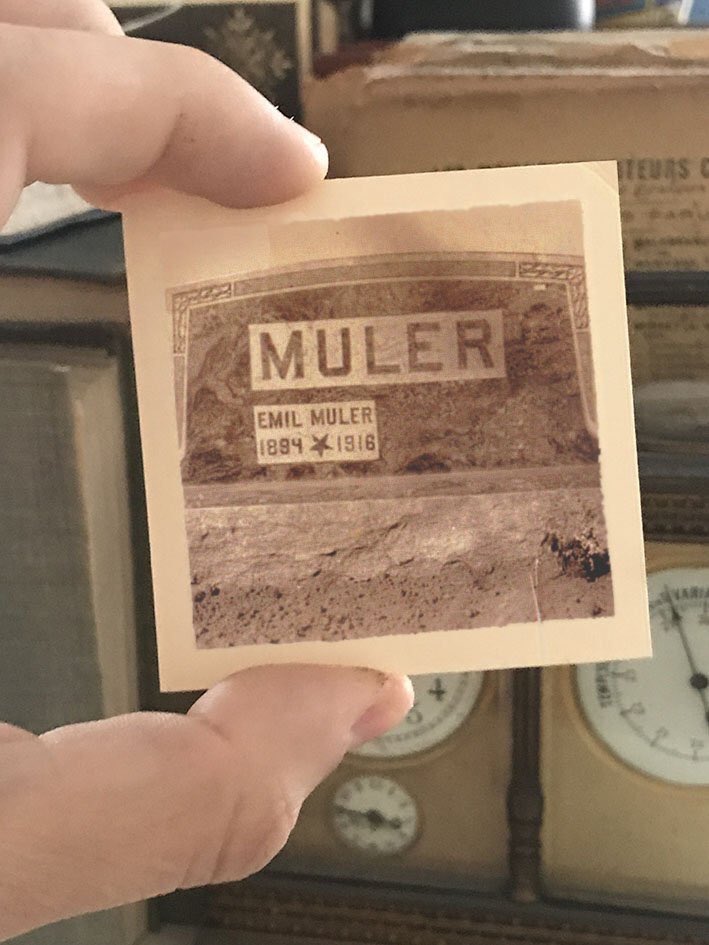
It's weird to see that empty space next to his name. It's as if Xaver was destined to occupy it in another grave of the future. I ask her where I can find that tombstone, but the old lady tells me she no longer exists and retakes her story. 
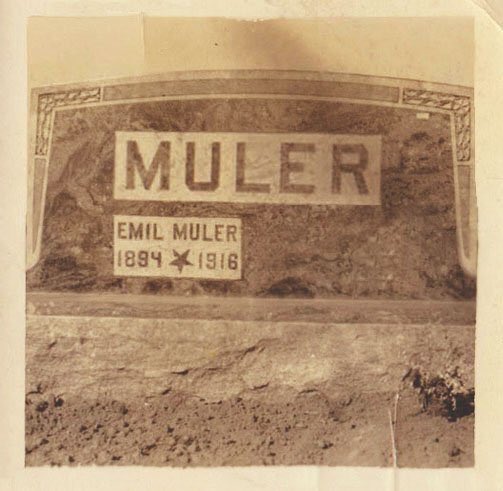
Half of the city attended Emil's funeral. The little one of the Muler had died as a hero and was to be buried with honors. The funeral took place in the Church of the Hill, next to the Children's Institute and the cemetery.
Xaver presented himself to half ceremony with the broken soul. The curate interrupted his homily by seeing him come in and all the attendants gazed in amazement at how he was heading to the coffin to give the last farewell to the man he loved.
But Xaver couldn't do it. Herr Muler was planted in front of him in the hallway, grabbed him by the lapels and dragged him to the outside. Xaver pleaded with tears that he just wanted to say goodbye. For all answers, Emil's father threw him on the ground and delivered him w kicks
Hermann saw everything from his house full of rage and guilt, but he dared not do anything. Nobody moved a finger.
In the street, blood and tears melted the snow under the body of Xaver Sumer. The boy rose as he could and swore he would never return to Sighisoara.
The city was too full of memories that he kept remembering and neighbors who looked at him with contempt. With Emil dead, he felt that this was no longer his place and that his life was meaningless.
And when life stops making sense, the only thing that’s on your mind is death. That's why Xaver went back to war, which was still far from ending.
A few months before, Romania had entered to the War as an ally of France and Russia. Transylvania had become the scene of bloody battles, especially at the border with the current Hungary.
In those trenches Xaver fought again for months... until the inevitable happened.
Alina re-searched her album and shows me a document in Hungarian. Dorothea translates it (and I begin to suspect that there is no language that this woman does not know: she looks like a Google Translator with a bun).
In it I can clearly read his name, his date of birth (I discover that it was on February 9, 1893), the date of his death (September 26, 1917) and in the "Remarks" section, a word that does not bode well: "Öngyilkosság". 

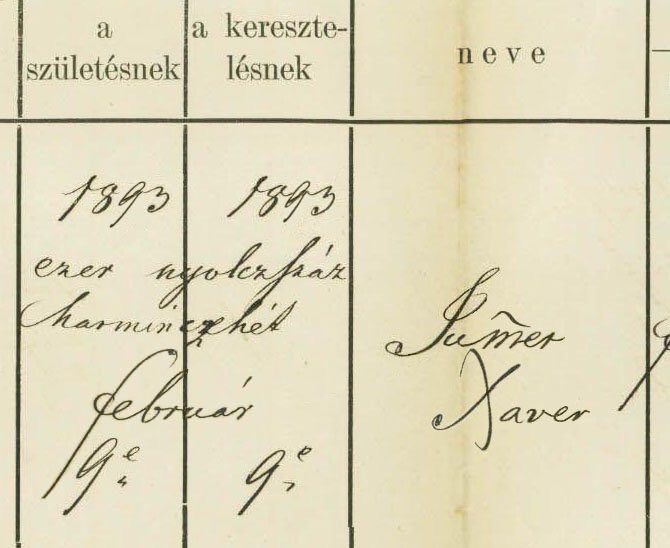

Xaver Sumer, unable to withstand the hell in which his life had become, broken his soul, emptied his future, took his life in a trench in the Hungarian front.
He was 24 years old.
He was 24 years old.
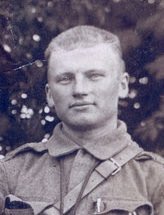
He was buried in a military cemetery on the outskirts of Oradea (now the Romanian province of Crisana) with a simple white wooden cross.
Just over a year later, the First World War would come to an end, leaving behind 30 million of dead. And two of them, Emil Muler and Xaver Sumer, would rest for a few years more than 300 kilometres away from each other. 

Dorothea consults her watch. It's getting late. She has to go back to the hotel and I must go back to Târgu Mures this very morning. "Shall we go?" She asks.
No! The most important is still missing! The first question that crossed my mind when I saw the tomb of #EmilyXaver, which we all want to answer! How did they end up buried together?
Alina looks at me surprised and laughs: "But don't you know yet? Boy, the answer's been in front of you all this time. "
In front of me? What do you mean, the answer is in front of me? WTF? What does she mean?
Alina smiles again. I realize that every time she smiles something very small inside of me calms down a bit. That woman is a balm.
The old woman looks up and makes a gesture to the wall that I have in front. In it, a big picture presides the hall. It's a great portrait of his grandfather. Hermann Balan. 

Hermann Balan, the friend who discovered the relationship of Emil and Xaver in the Institute. Hermann Balan, the culprit that Herr Muler will send his son to Munich to take him away from Xaver forever. 
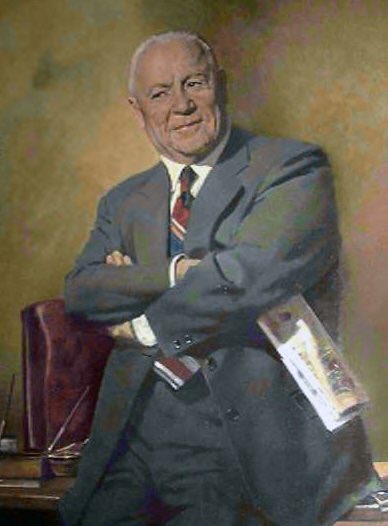
But what did he have to do with the memorial's grave? What role did he plays in this story really?
Emil and Xaver's childhood friend never forgave himself for the pain he had unleashed with his indiscretion. The feeling of guilt for the inhuman death that both suffered accompanied him all his life.
It would be a decade before he could start redeeming himself. In 1928 Romania celebrated the tenth anniversary of the Armistice and the founding of the Romanian state with the annexation, among other territories, of Transylvania (Sighisoara included). 

Many cities decided to build memorials to commemorate the date and honor the soldiers who perished in the race. The town hall of Sighisoara was one of them.
That was one of the first works of Hermann in the town hall of Sighisoara, which would end up being mayor after the Second World War (but that is another story, if you want another day I tell you).
The first thing Hermann had to do was to get permission from the families of the deceased to move their bodies to the new site.
It didn't cost him too much to get the exhumation permit from Emil's father. For the old officer it was a great honor for his son to rest in a national monument to the fallen ones. 

On December 1, National Day of Romania, the memorial was inaugurated in a civil ceremony. Half the city came to honor their dead again, with Herr Muler at the head, dressed for the occasion with all their medals. 
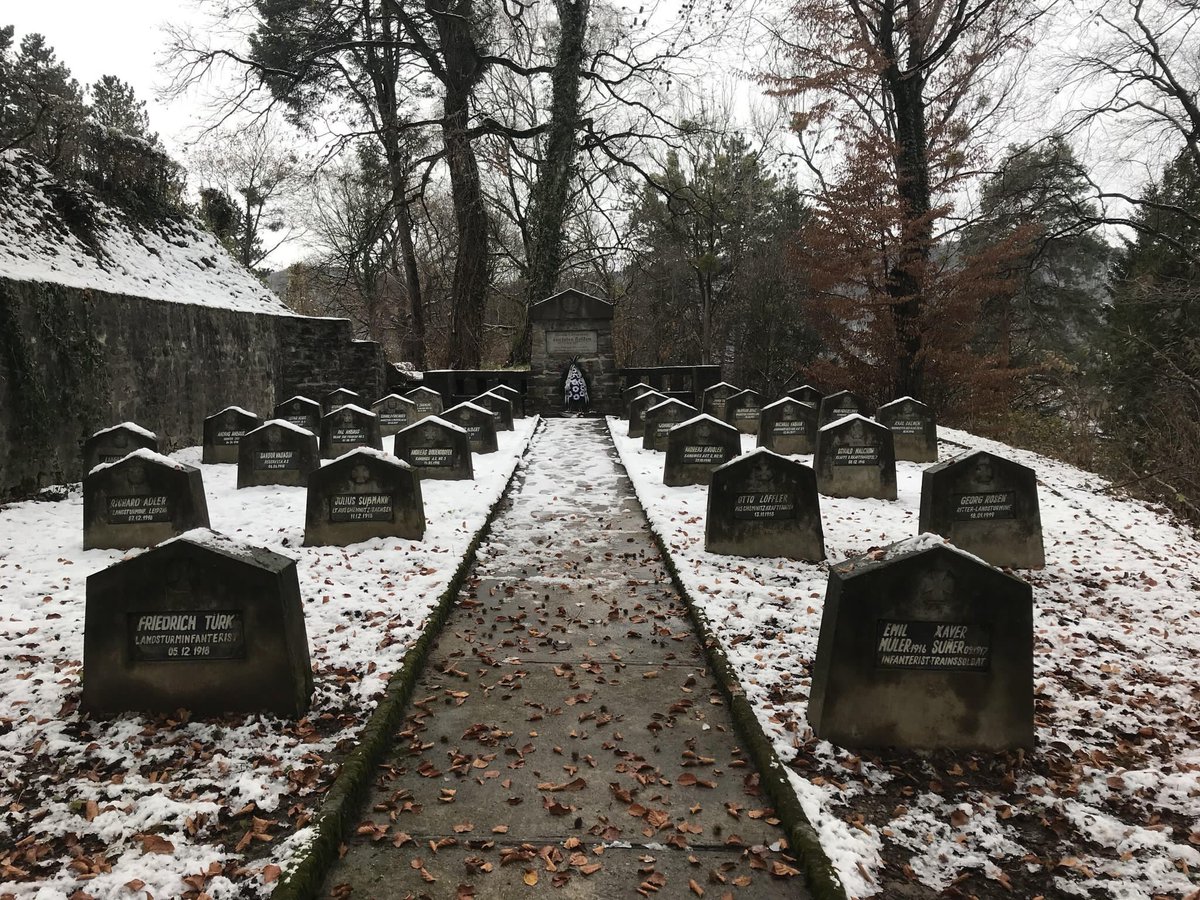
Hermann had moved heaven and earth to locate Xaver's body in Oradea (so he retained his certificate of death in Hungarian). From the first moment he wanted to bury him with the man he loved so that they could rest together for all eternity.
Logically, he kept his plan secret so that no one could stop him. And he got it.
When he saw it, Herr Muler went into anger and faced Hermann screaming in front of everyone. How was he been able? How did he dare to sully his family's honor in that way? The man was incredibly angry.
That's why Hermann knocked him out, as Xaver had done with himself ten years earlier.
Yes, it's wrong to hit an old man, but don't tell me he didn't deserve it a bit.
"Fifteen years ago I made an unforgivable mistake," Hermann spat at the old officer.
"I killed my best friends long before that horrible war.
And you were complicit in it.
You were all. "
And you were complicit in it.
You were all. "
Sighisoara's neighbors crouched their heads ashamed of Hermann's words: "It is time to allow them to rest in peace at once, together, as they should have lived and as heroes of something much more valuable than a war."
and it continues until today.
Dorothea is as surprised as I am. Alina had never told her that episode of her great-grandfather. and her family... For the first time I see her even altered.
Dorothea is as surprised as I am. Alina had never told her that episode of her great-grandfather. and his family... For the first time I see her even altered.
And it's no wonder. Herr Muler left the cemetery with his tail between his legs and never spoke of Emil in his house again. He put all his son's stuff in a suitcase and locked it in a closet.
Herr Muler could not bury his son where he wanted, but he tried to bury his memory before the world. A memory that today, at last, comes to light, for his granddaughter, for me and for all of you.
The clock in the hall marks twelve. It's time to go. I say goodbye to Alina and she gives me a hug that smells like doughnuts and brandy. I hope with all my heart that we will meet again someday.
Already on the street, Dorothea offers to accompany me to the bus station, but I reject the invitation. I have something important to do before. And I need to do it alone. I say goodbye to her with a kiss on her cheek and she blushes.
I'm walking through the stair tunnel that leads to the church on the hill. I raise the steps three by three. 

I stand in front of Emil and Xaver's tomb almost ceremonially. It's hard to believe I was there the day before. Feels like it's been a century.
I breathe deeply.
I contemplate the tombstone.
I read their names over and over again.
Emil and Xaver.
Xaver and Emil.
I contemplate the tombstone.
I read their names over and over again.
Emil and Xaver.
Xaver and Emil.
I look around.
Nothing's changed, but nothing's the same.
Nothing's changed, but nothing's the same.
I'm on silent for a long time.
But silence is not the only thing here.
The wind that centuries whispers with secrets in my ear.
But silence is not the only thing here.
The wind that centuries whispers with secrets in my ear.
And I seem to hear the laughter of two 16-year-olds who have skipped a class.
Who hide behind the tombstones of the graveyard to smoke a cigarette.
They warm their hands with the other's breath.
Who look into their eyes to discover in them a burst of hope.
They get a first kiss.
A kiss that contains all the happiness that shared what are dreams made of.
A kiss that weaves their souls forever.
A kiss full of a love that, for an instant, makes them feel immortal.
At that moment I lay my hand on the icy stone.
And with a small voice, almost as in a prayer, I say:
"Your story has been told."
t h e e n d.
sorry for the English mistakes im not a translator of course, I’m just a teen with some English skills, I’m really sorry.
ALL CREDITS TO @guillemclua.
IM JUST A (an attempt of) TRANSLATOR.
ALL CREDITS TO @guillemclua.
IM JUST A (an attempt of) TRANSLATOR.
• • •
Missing some Tweet in this thread? You can try to
force a refresh
